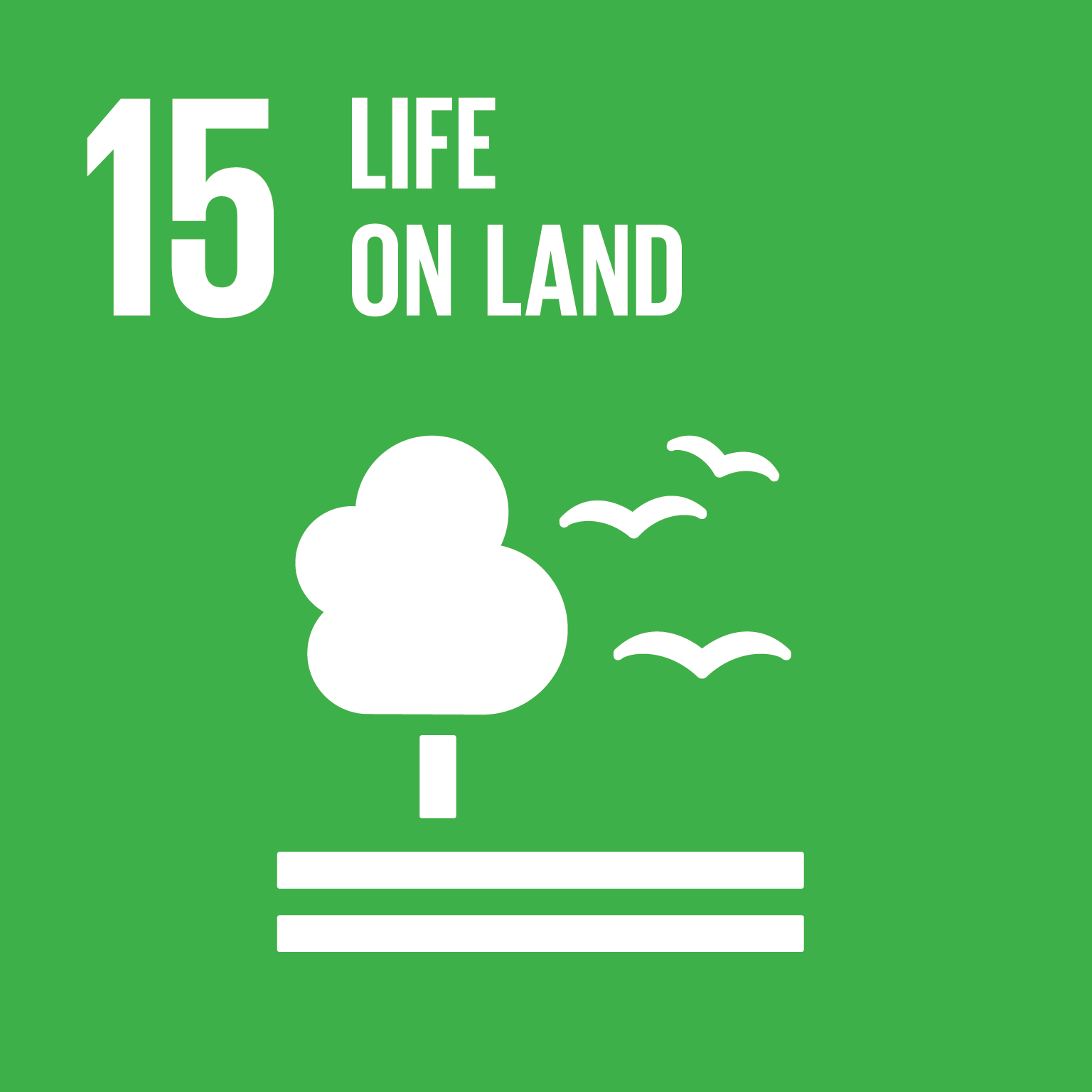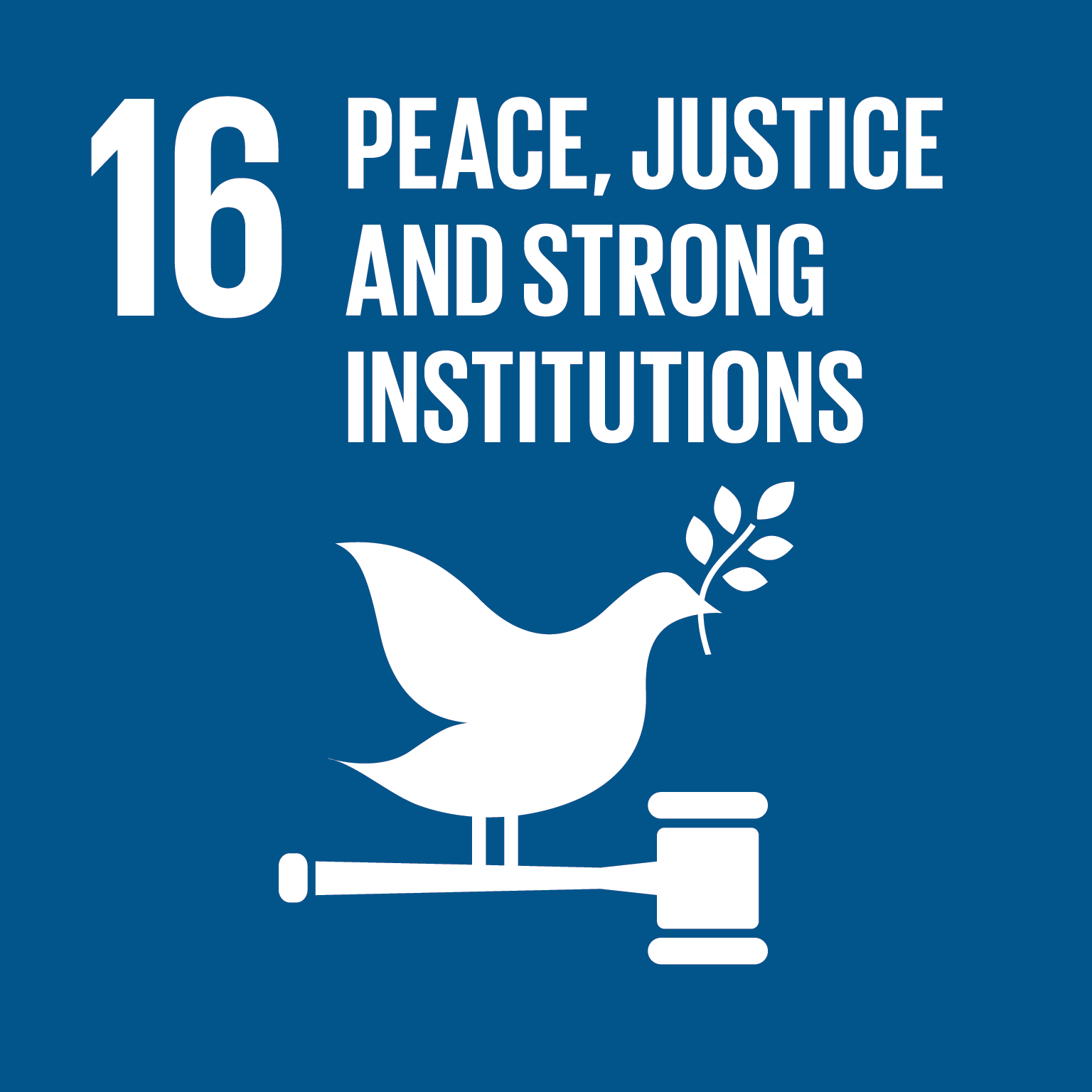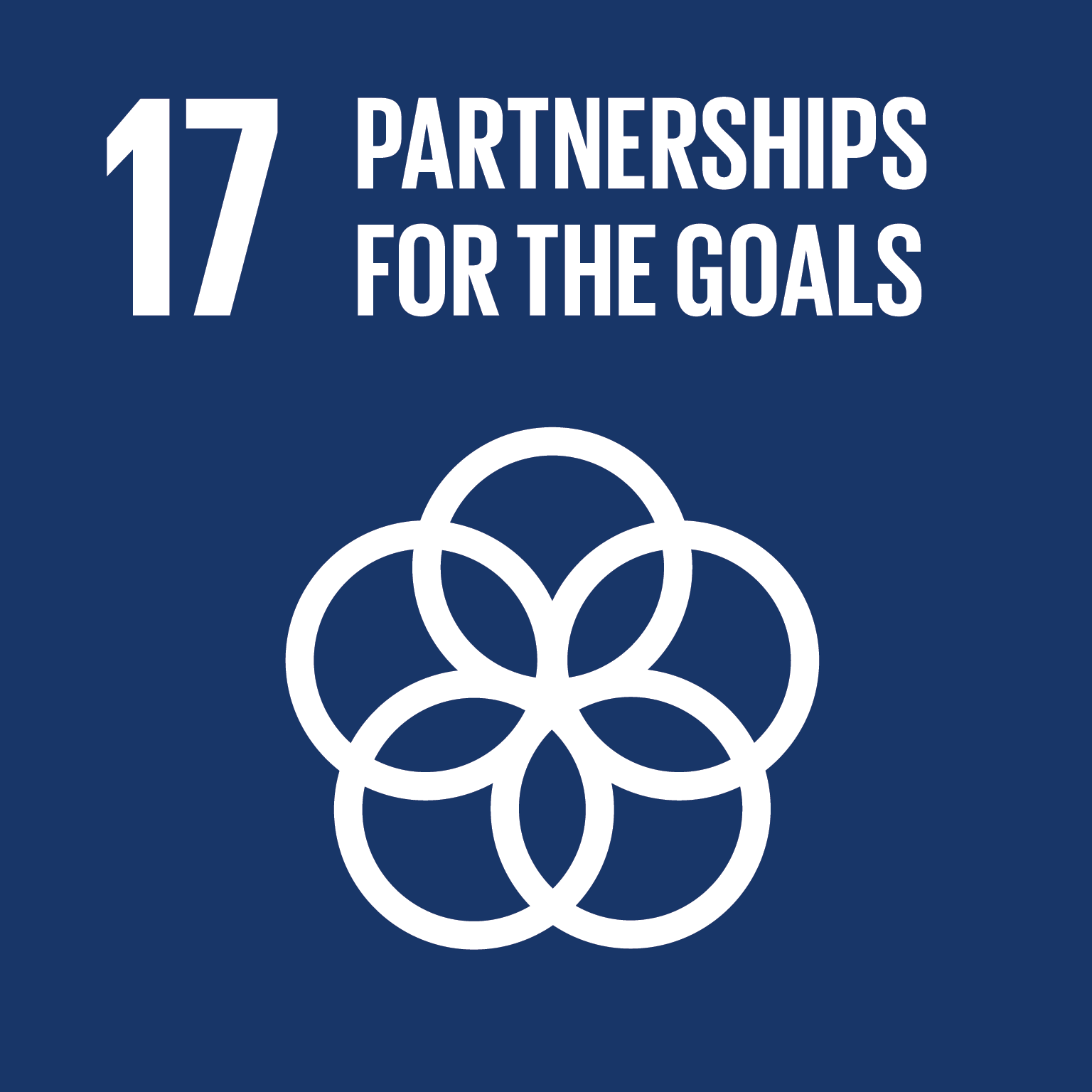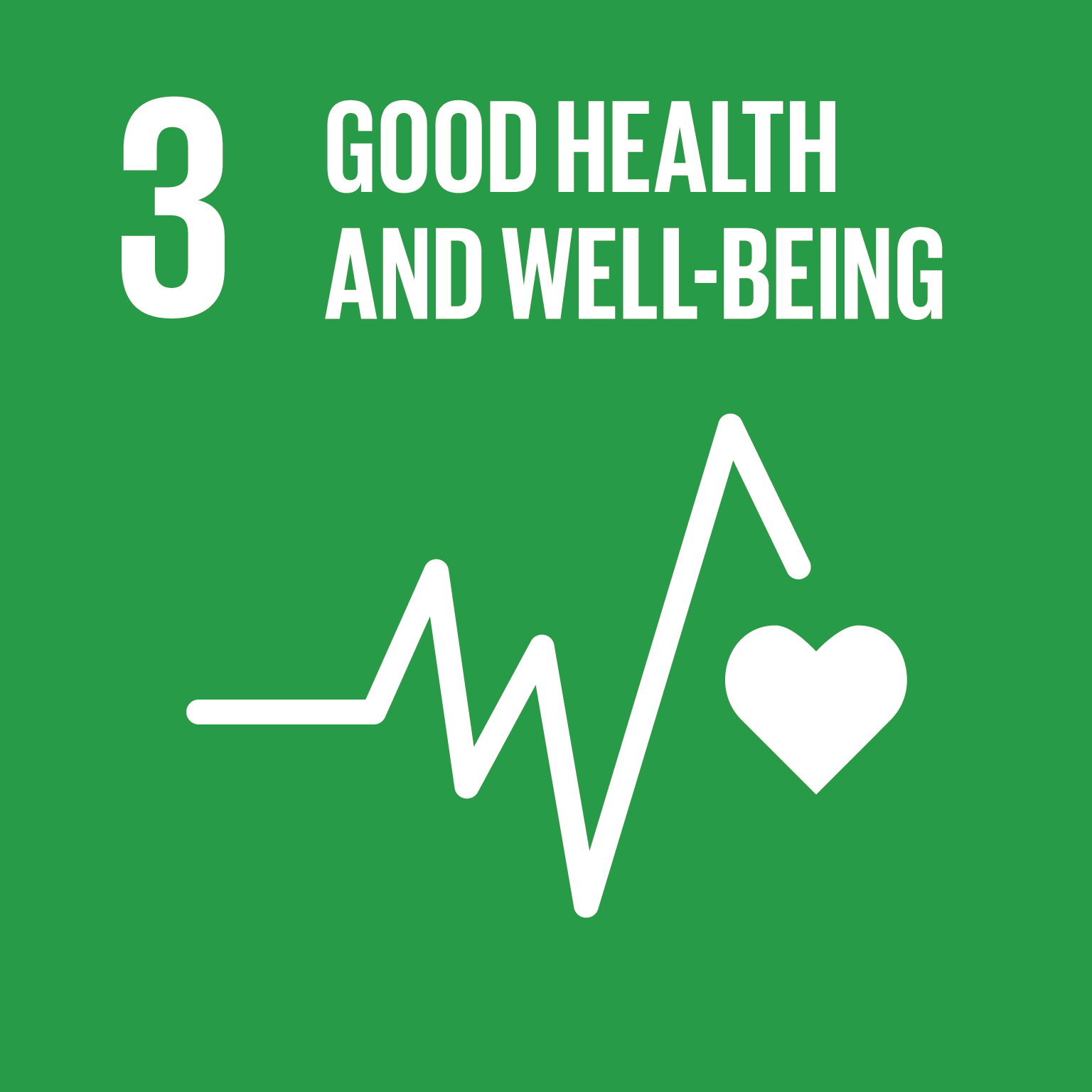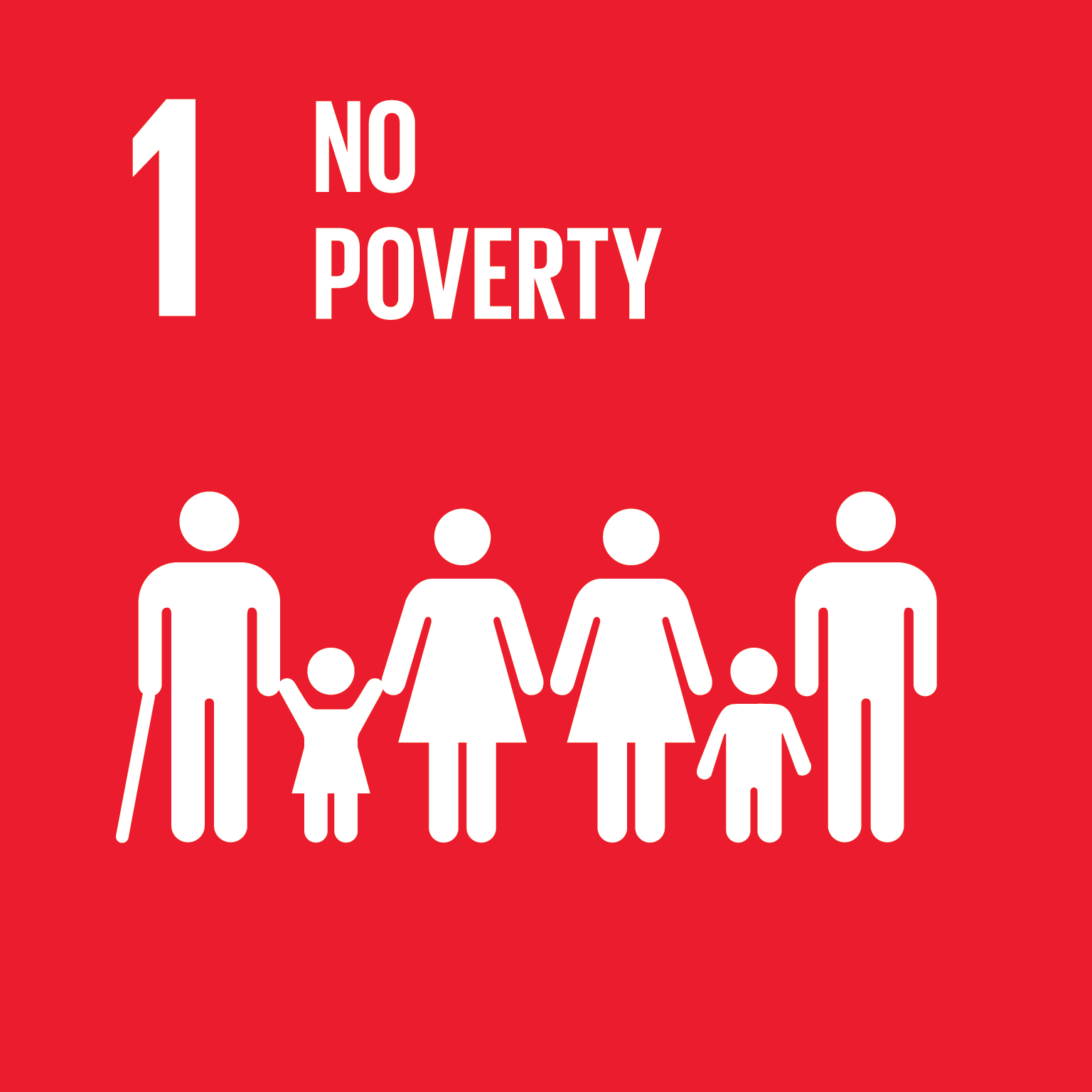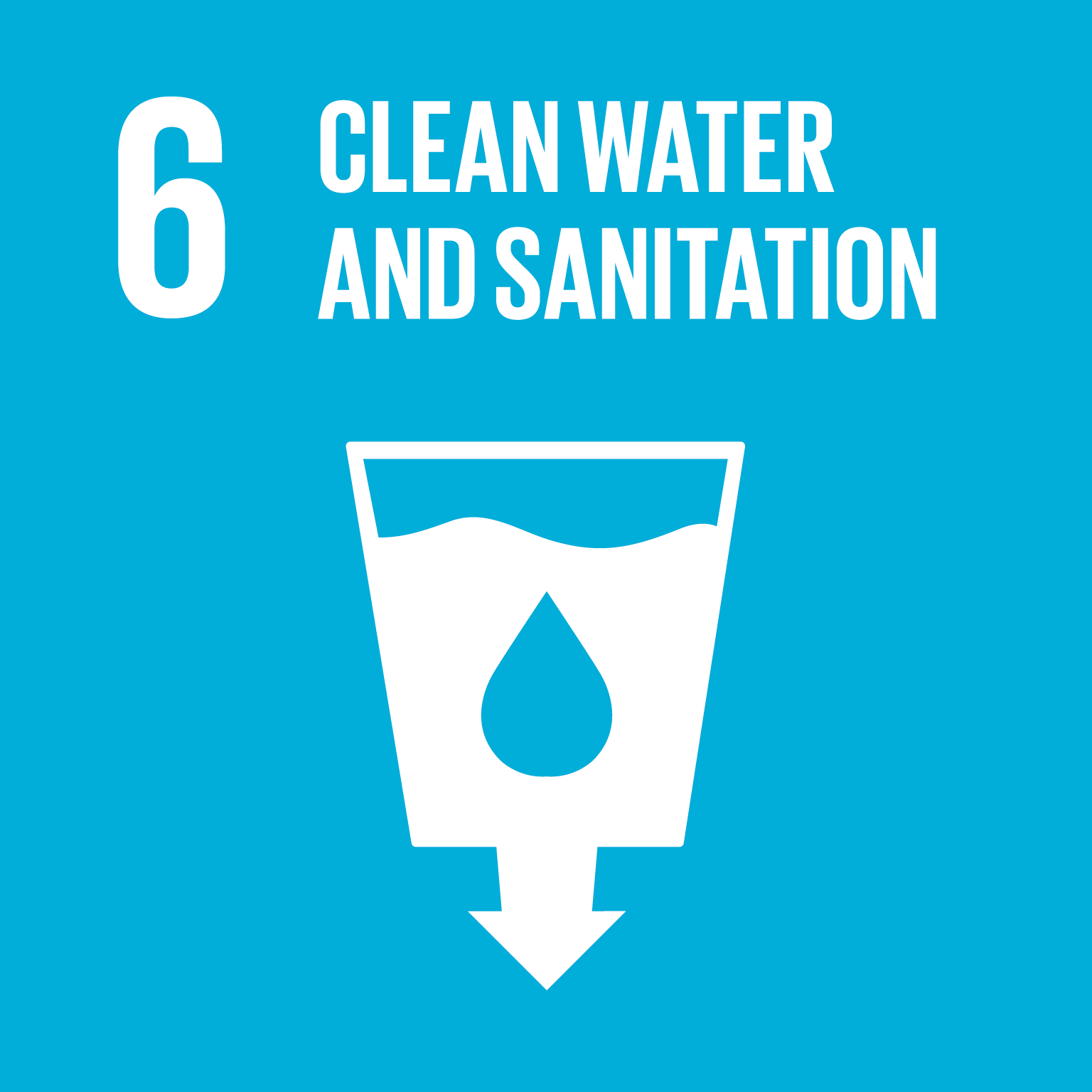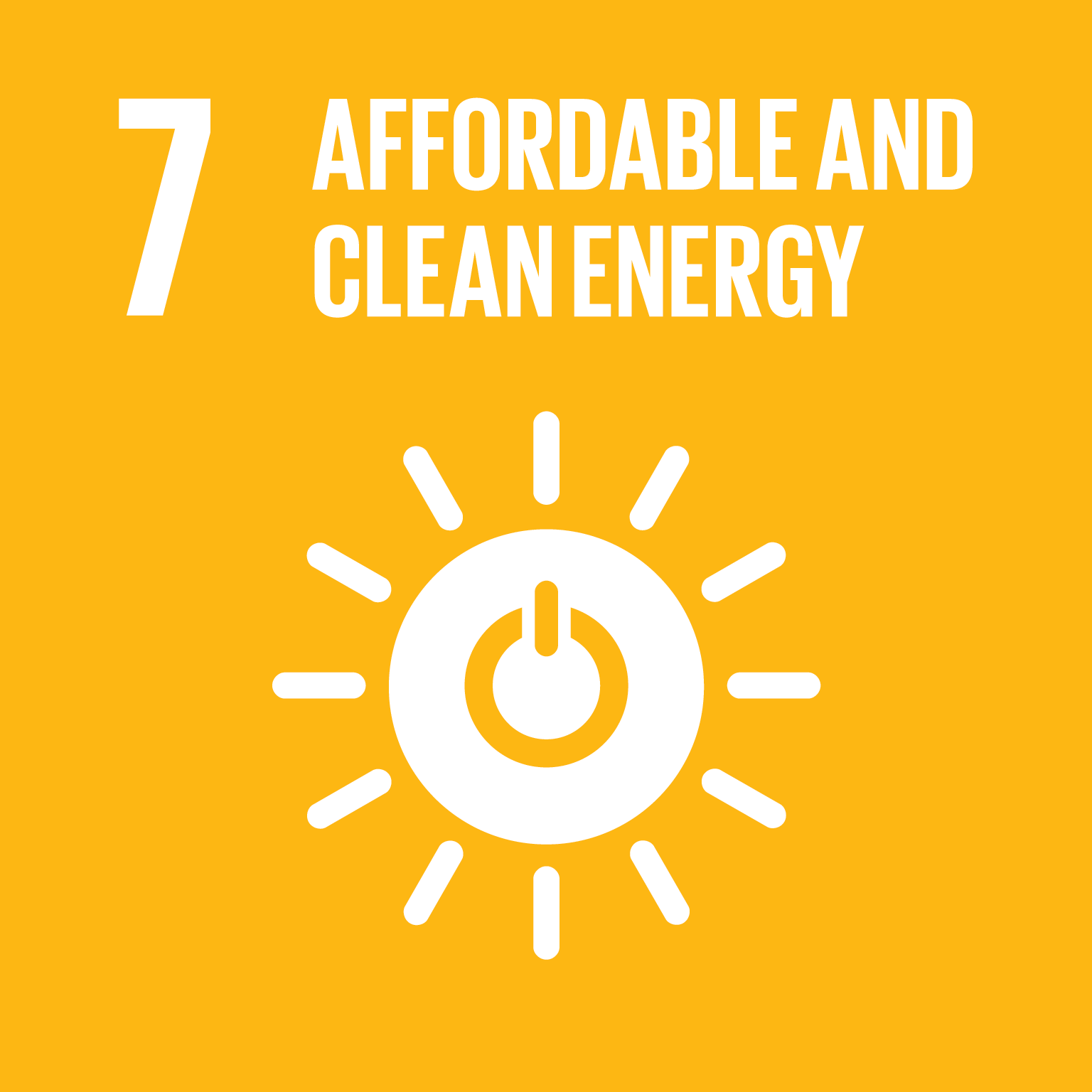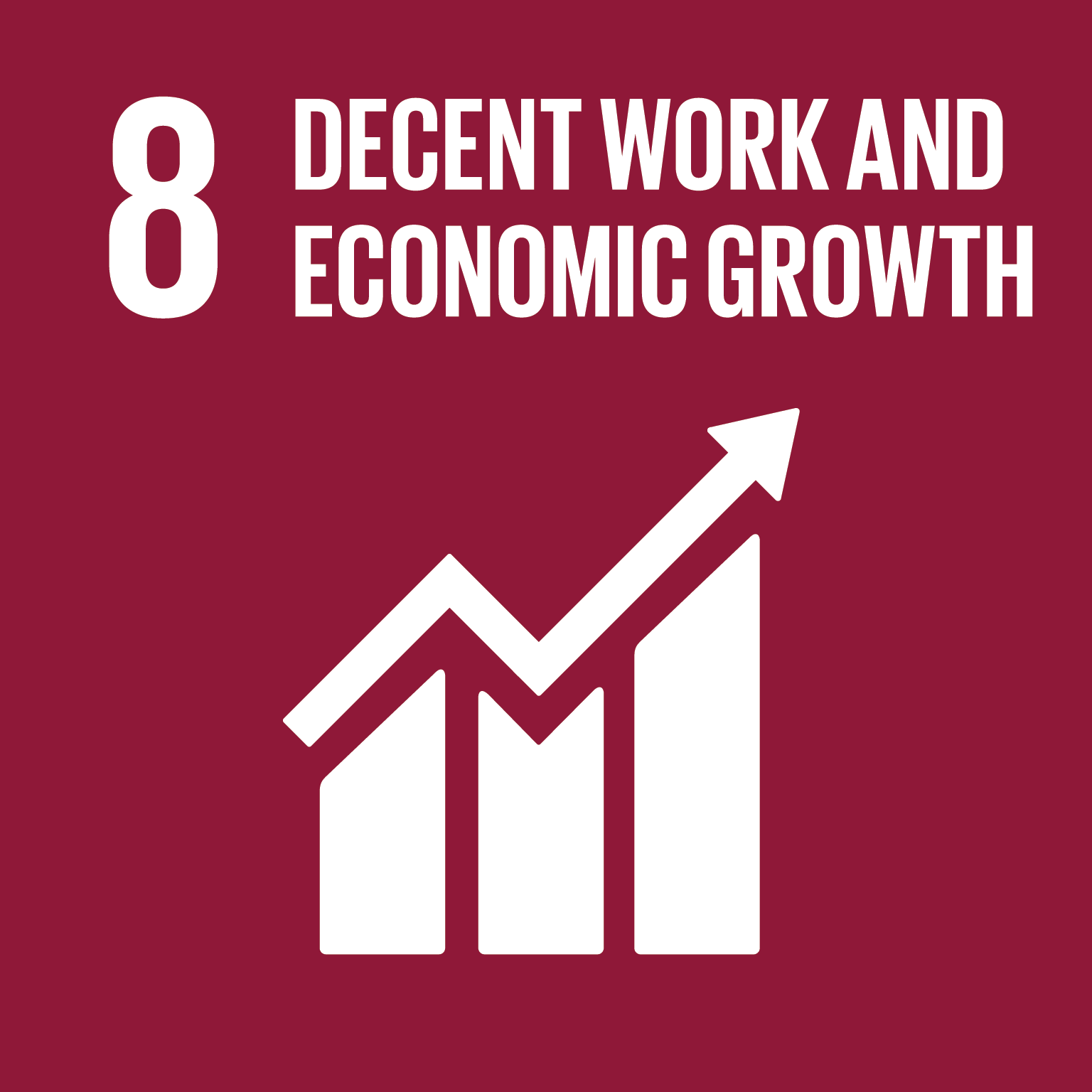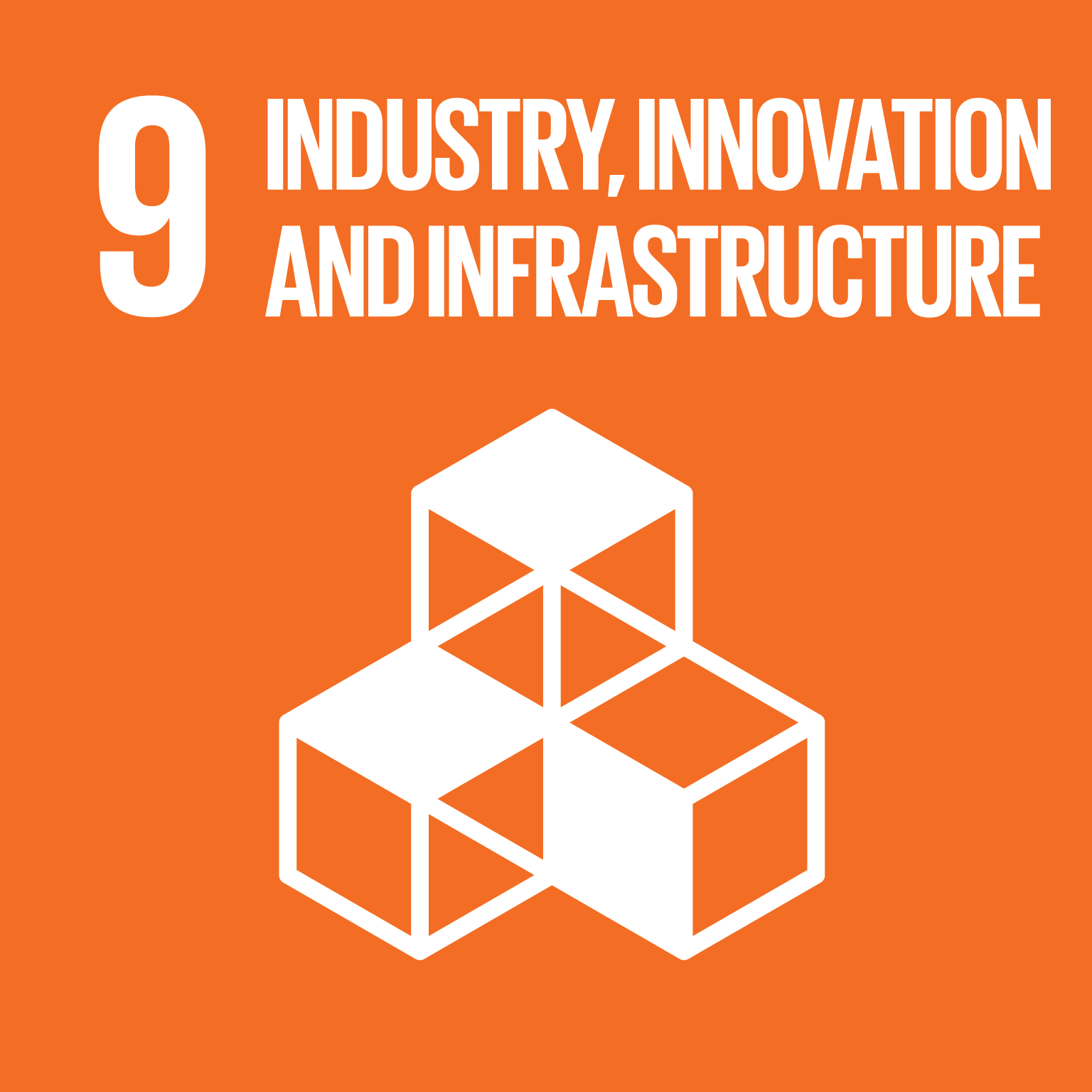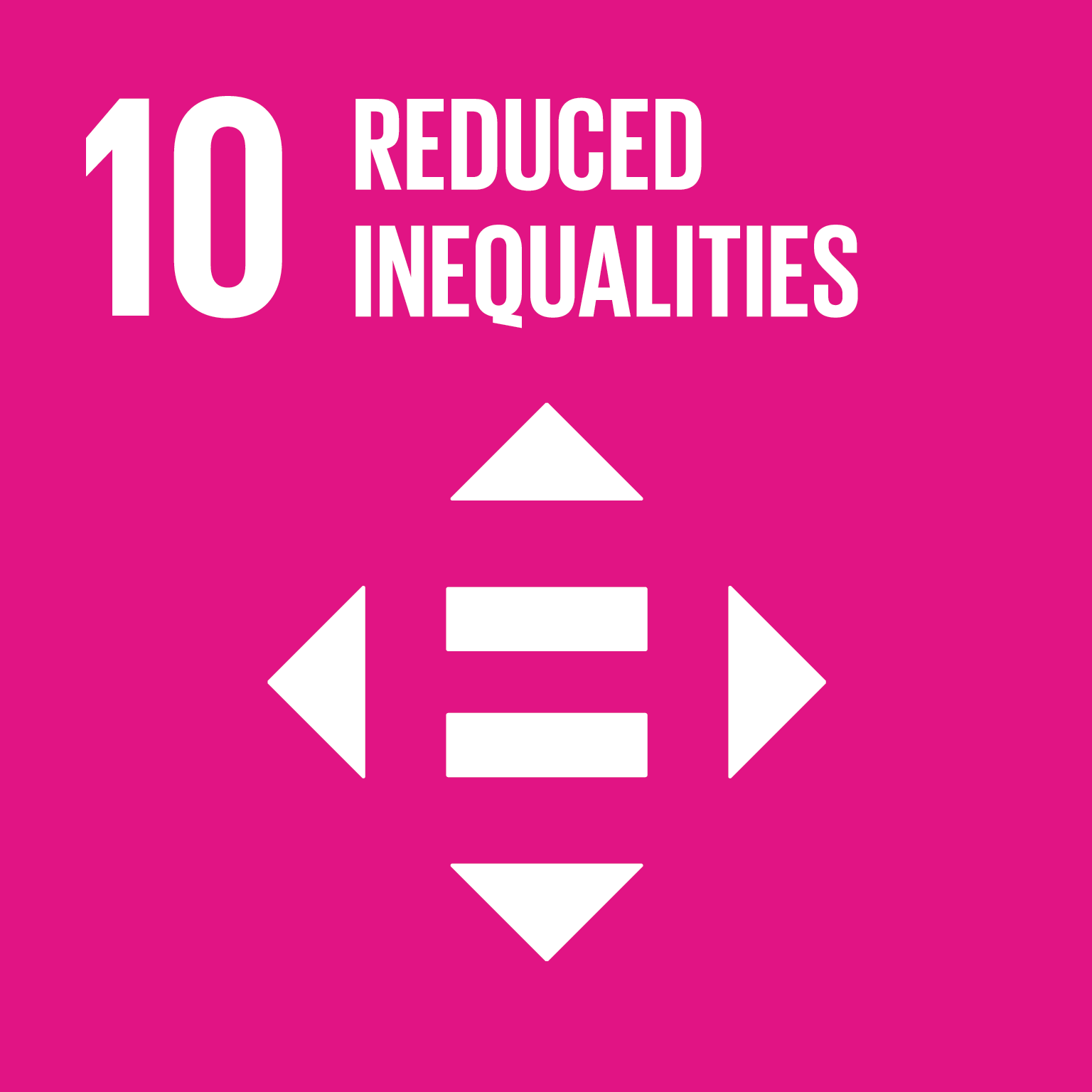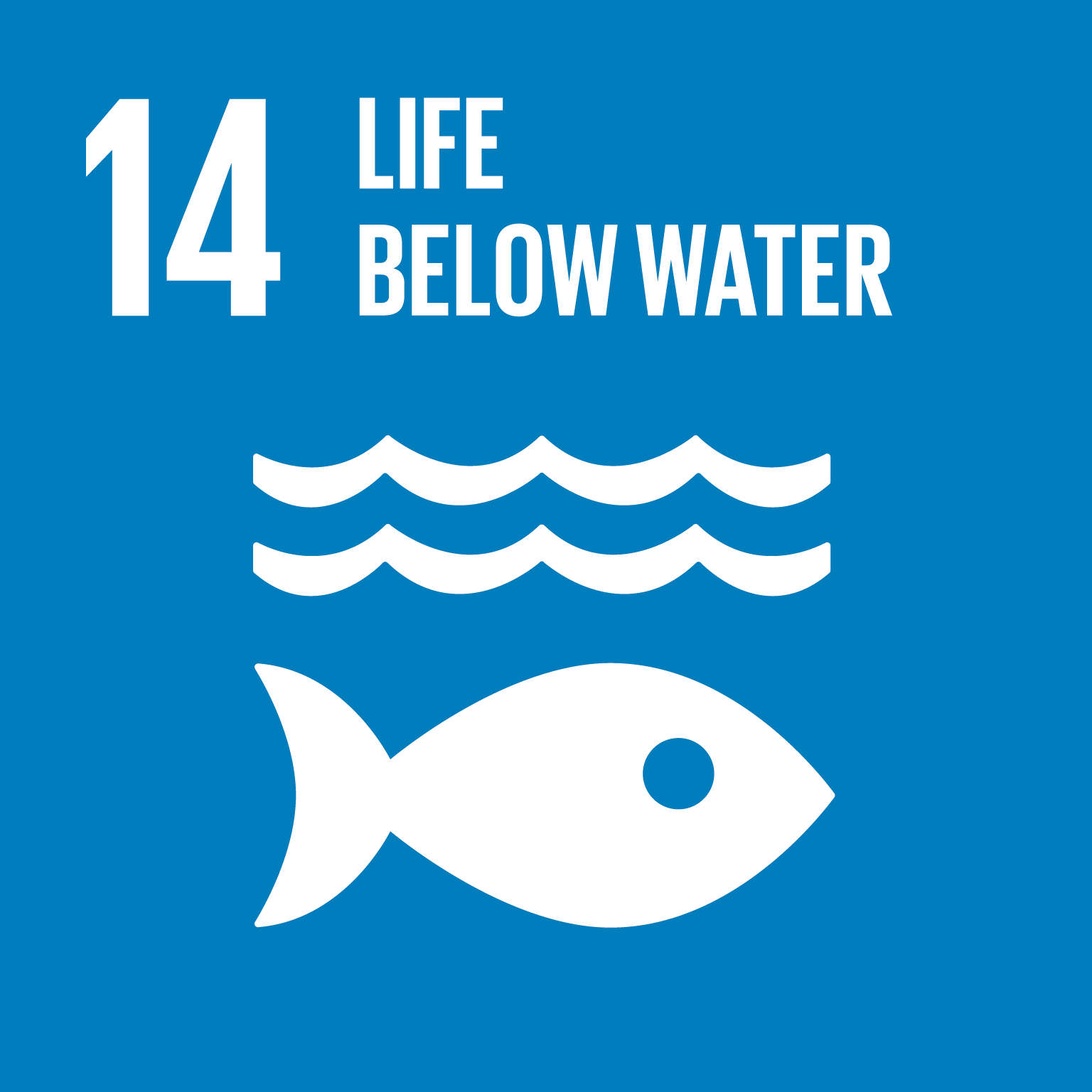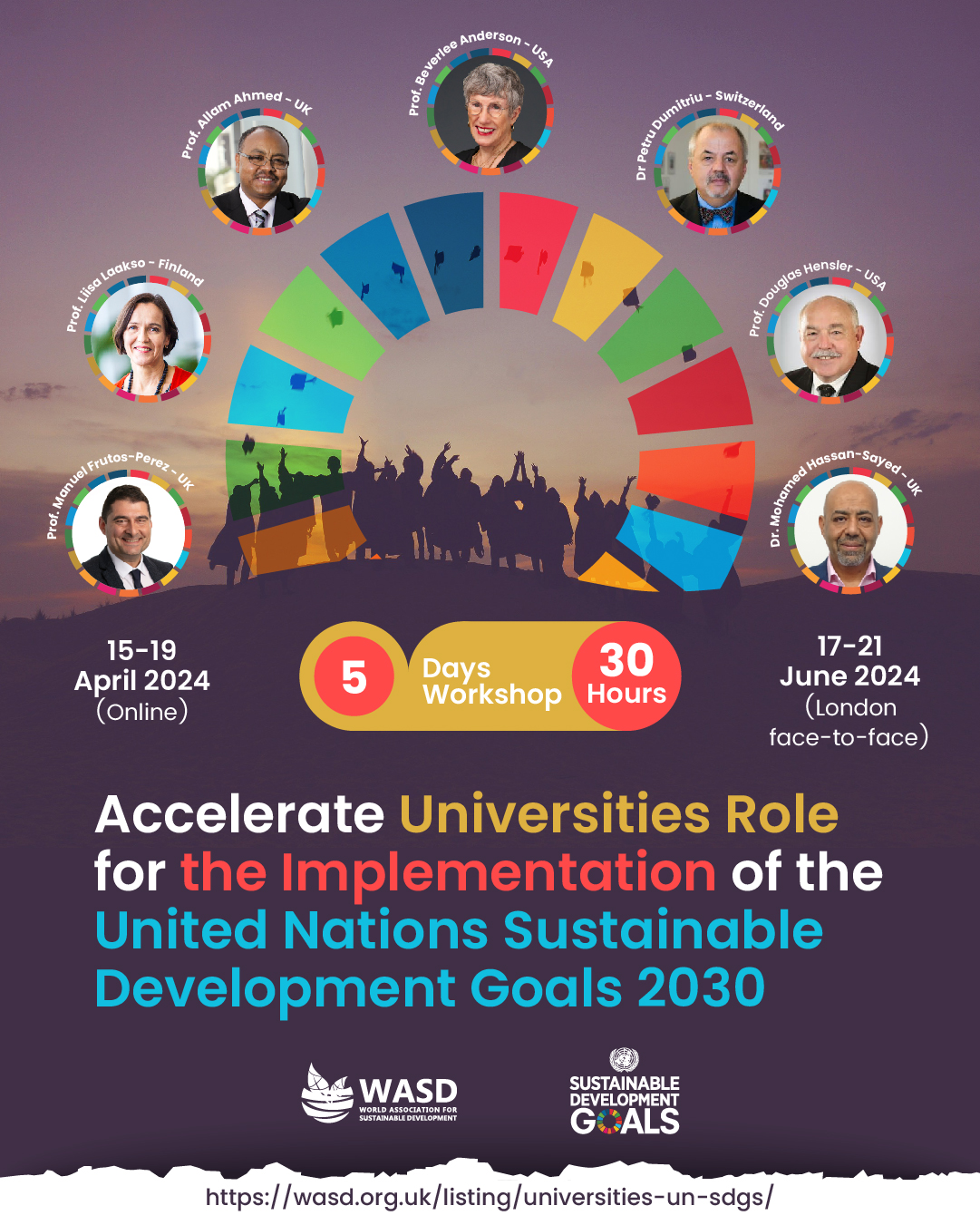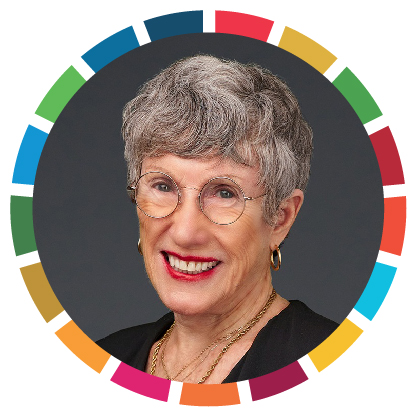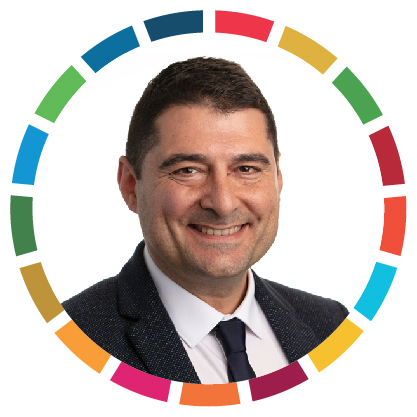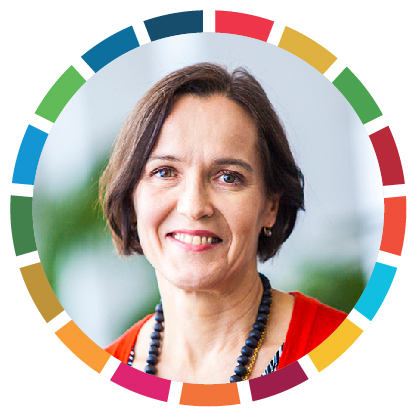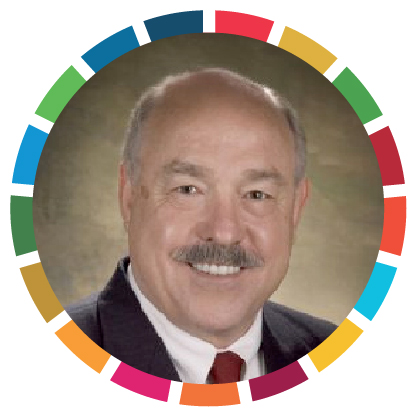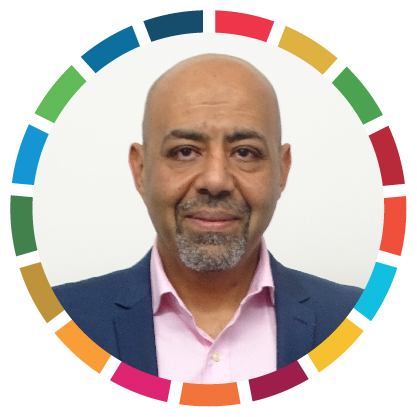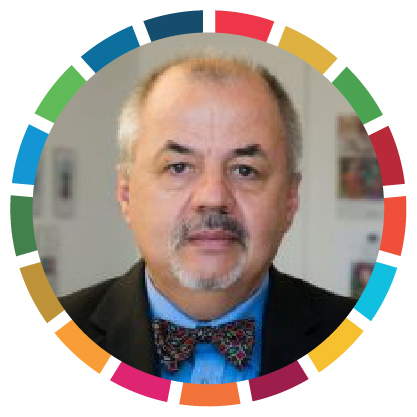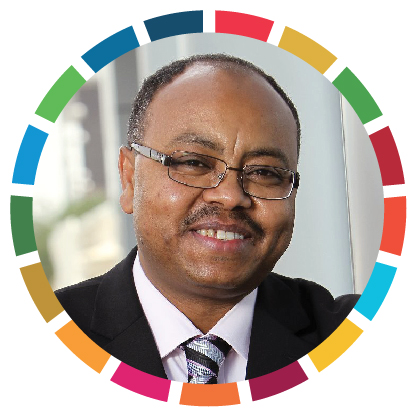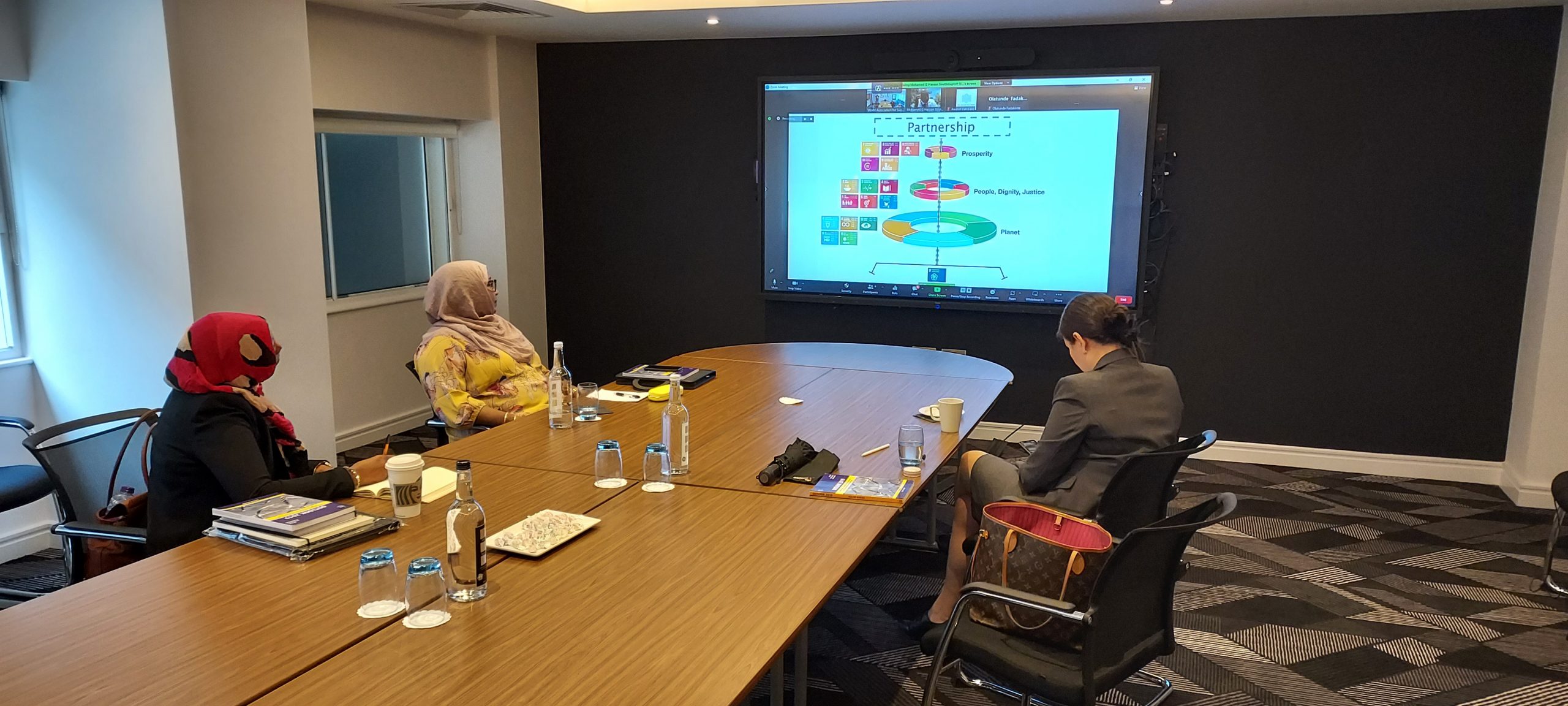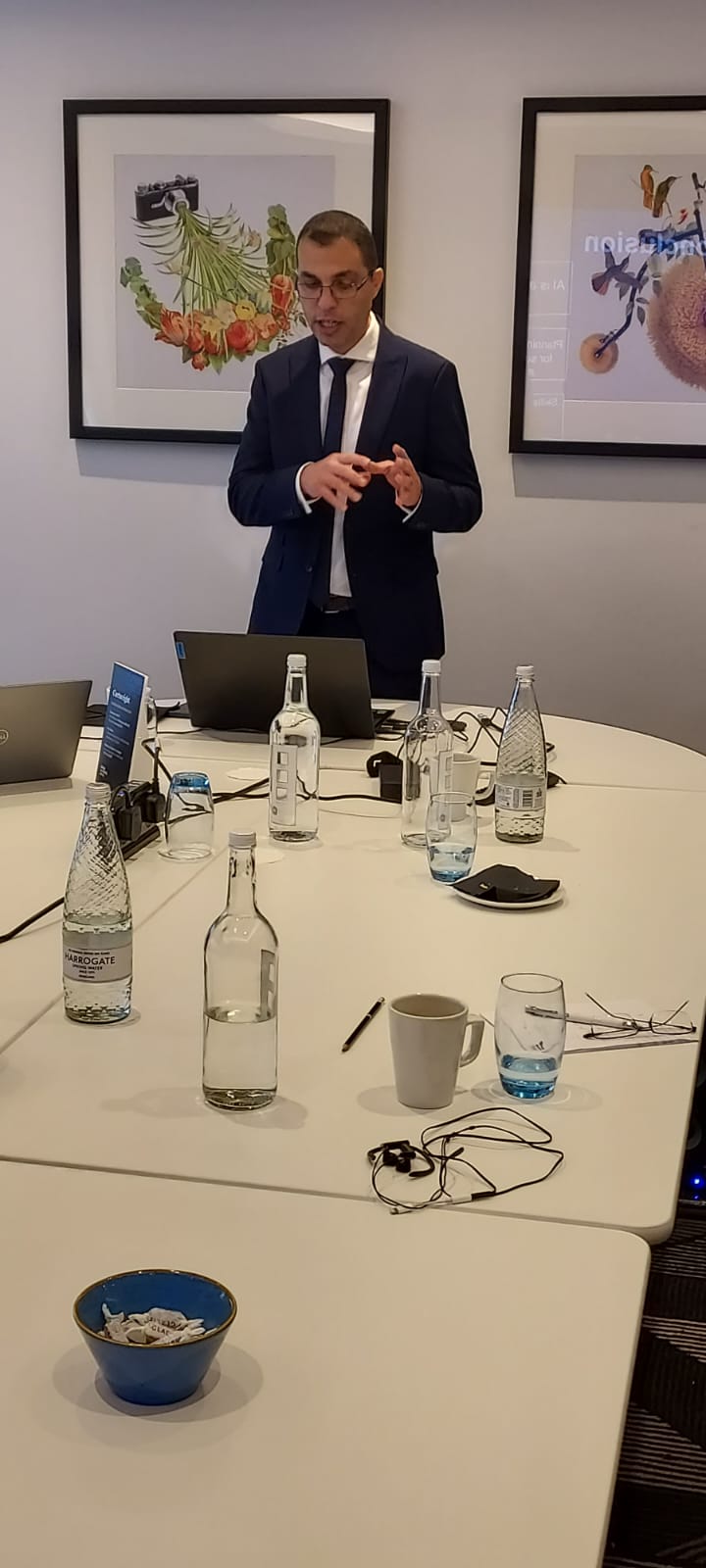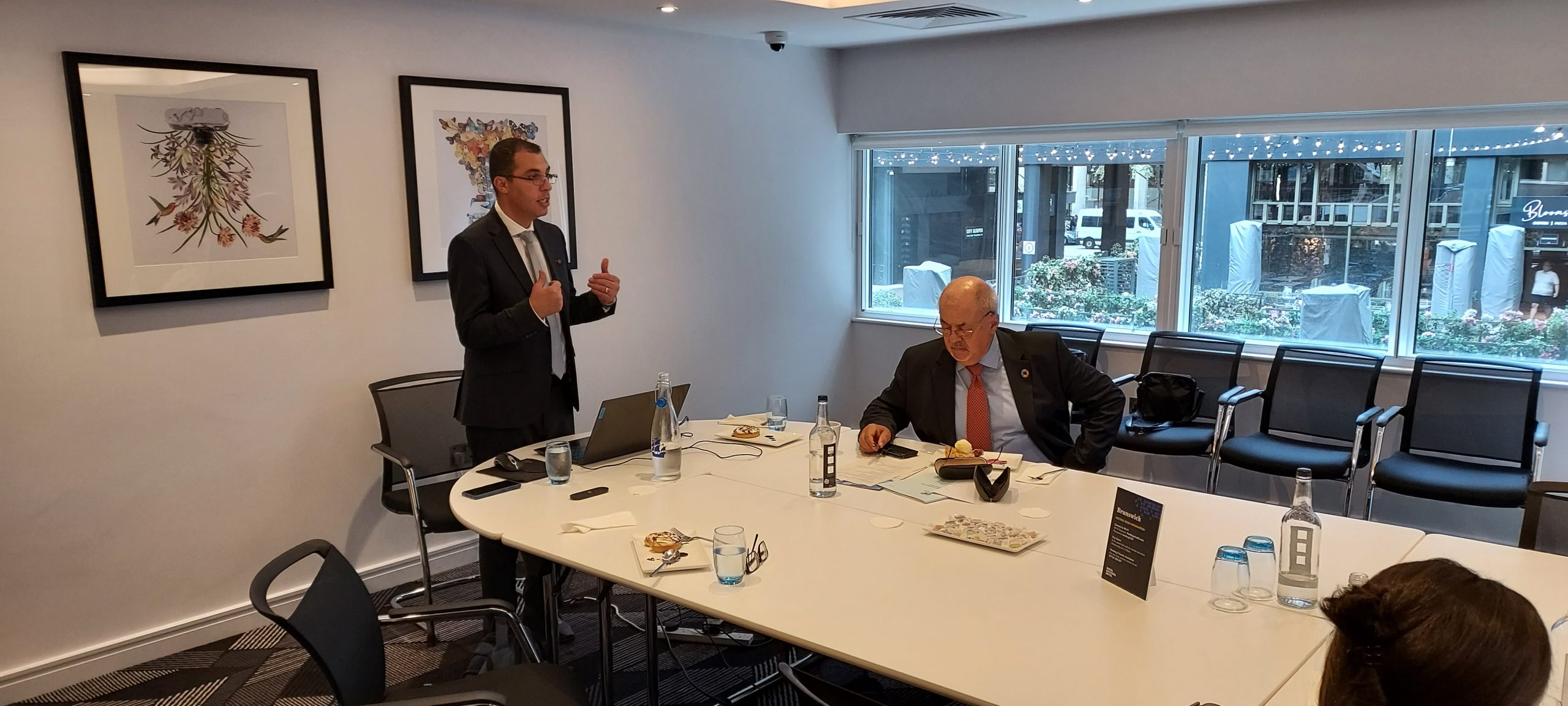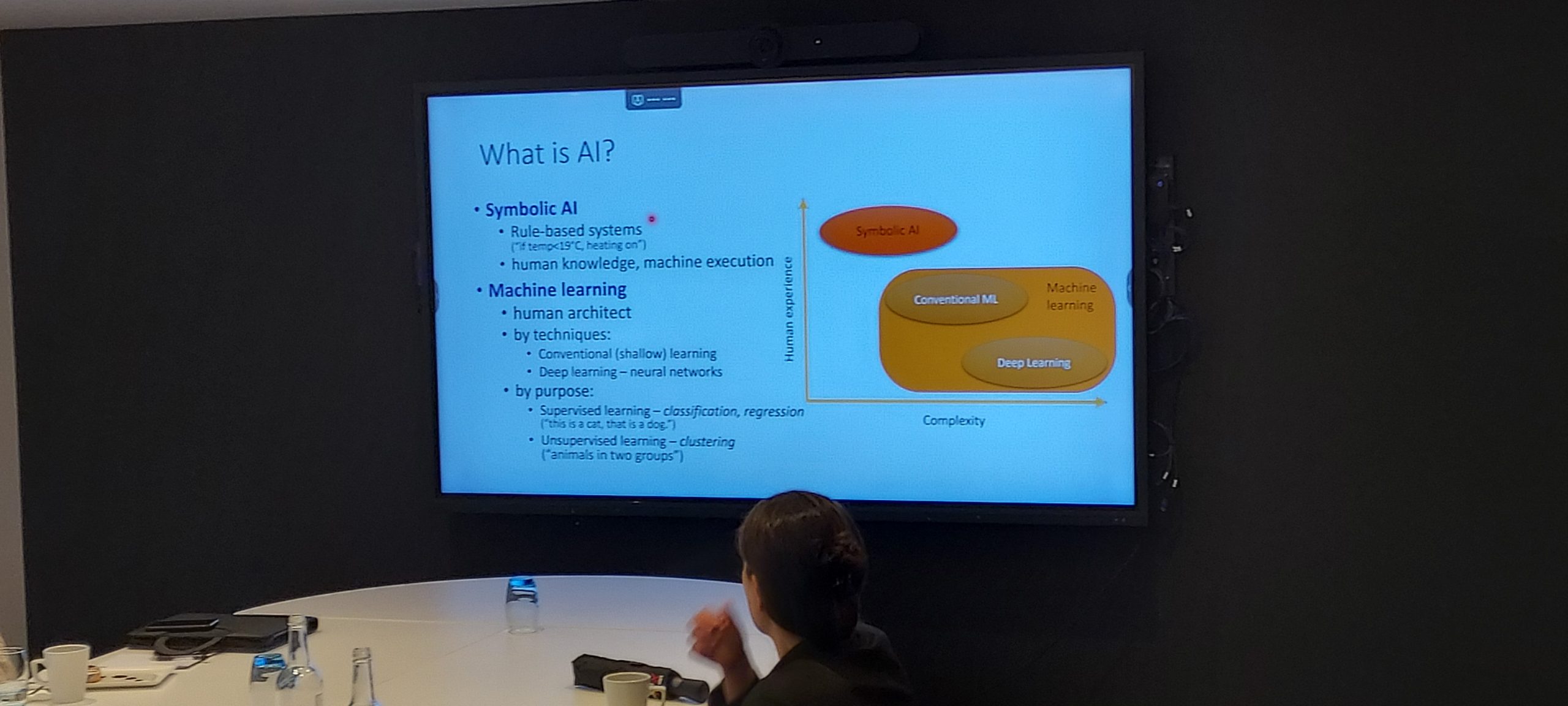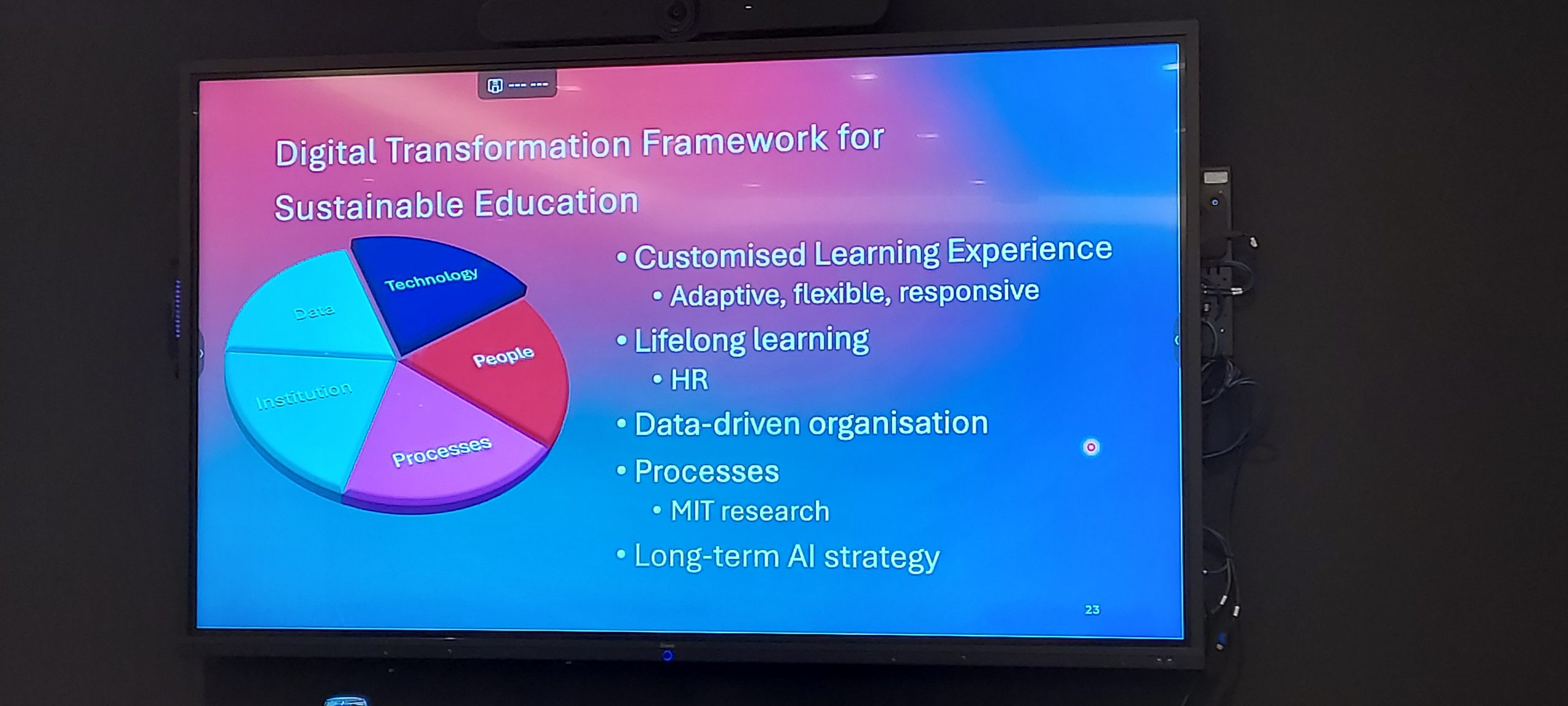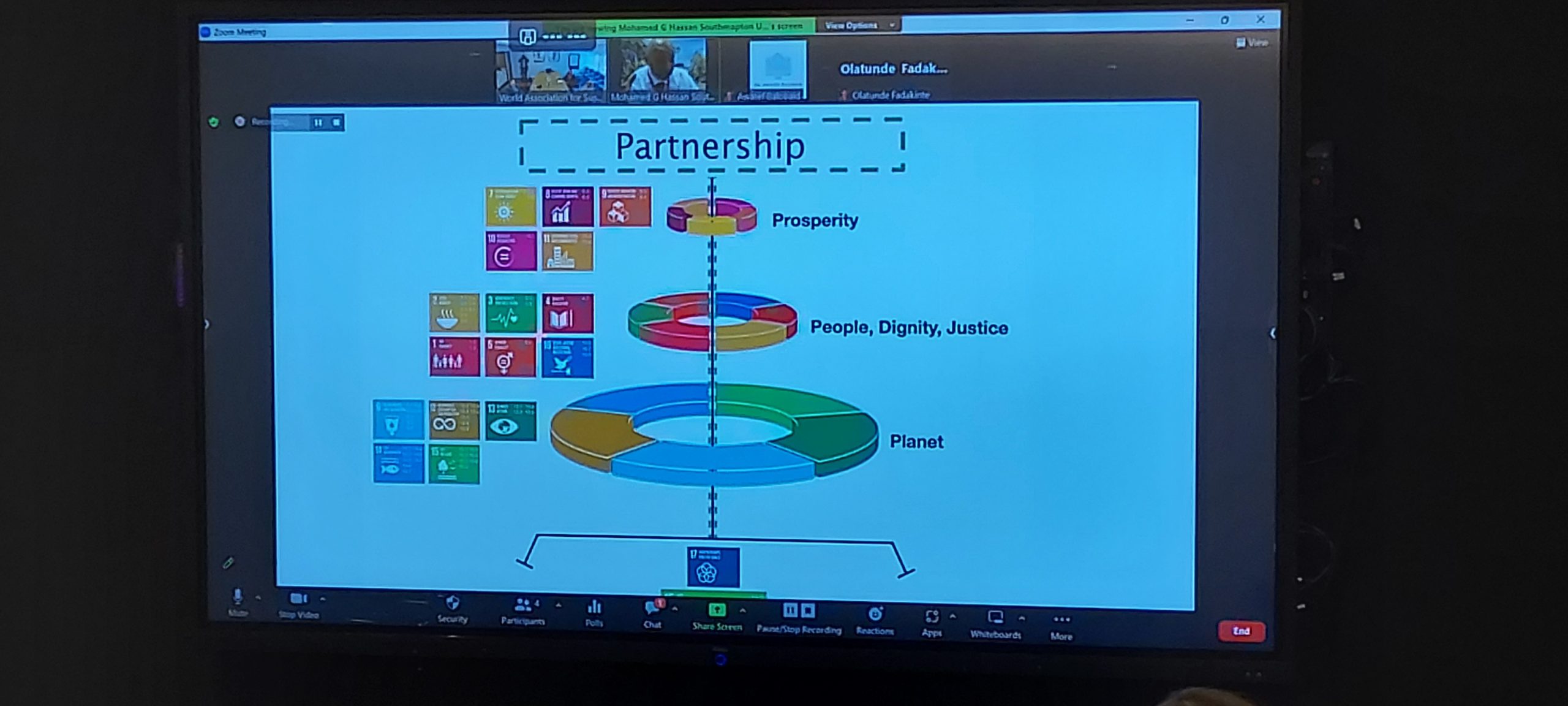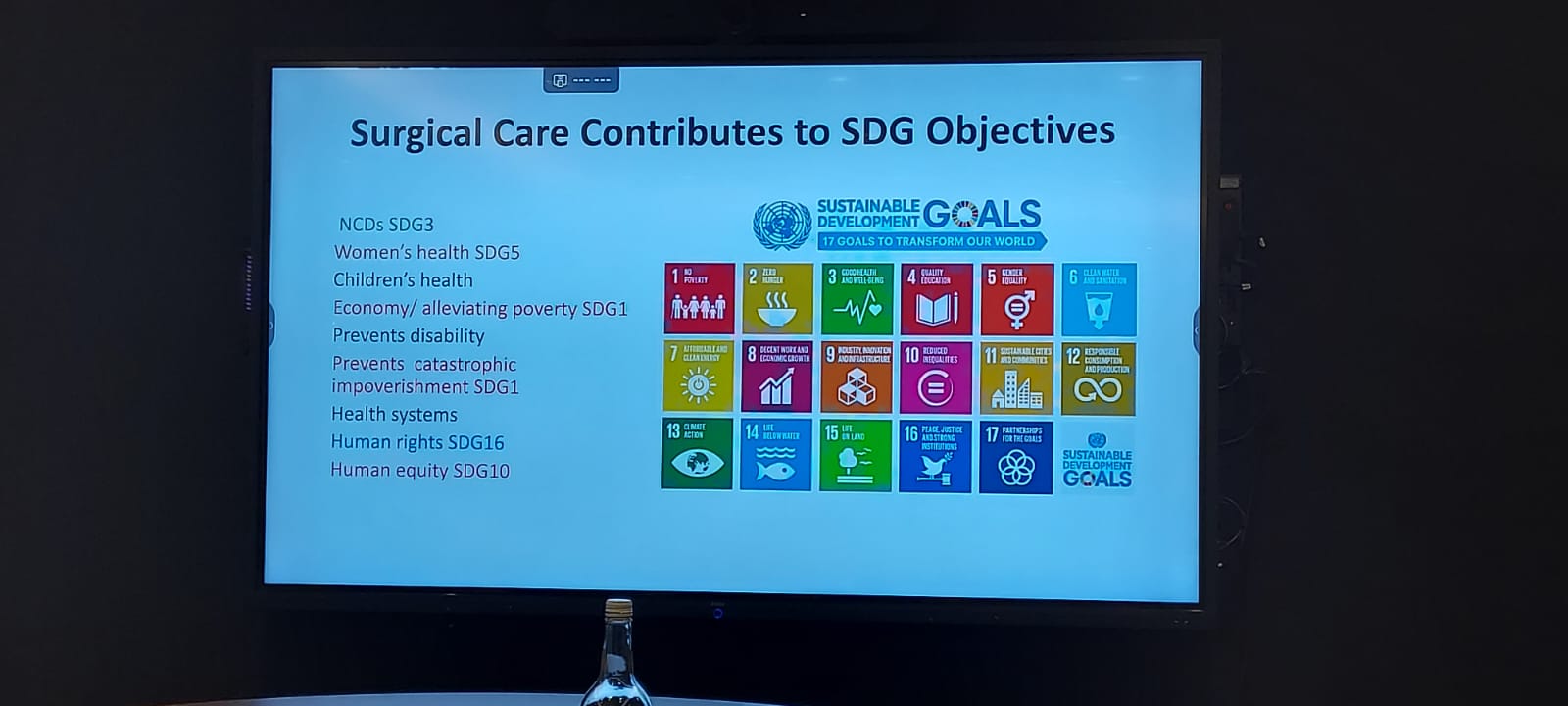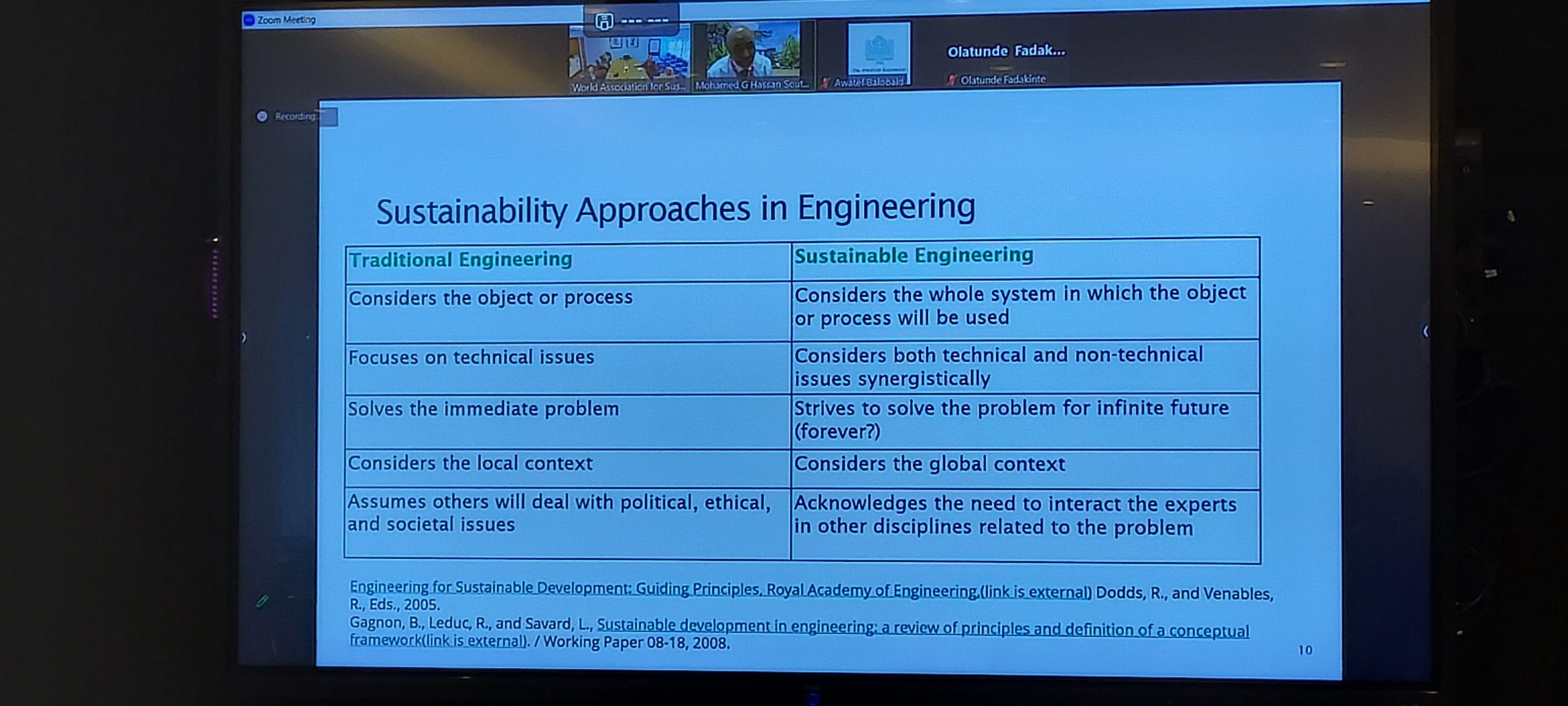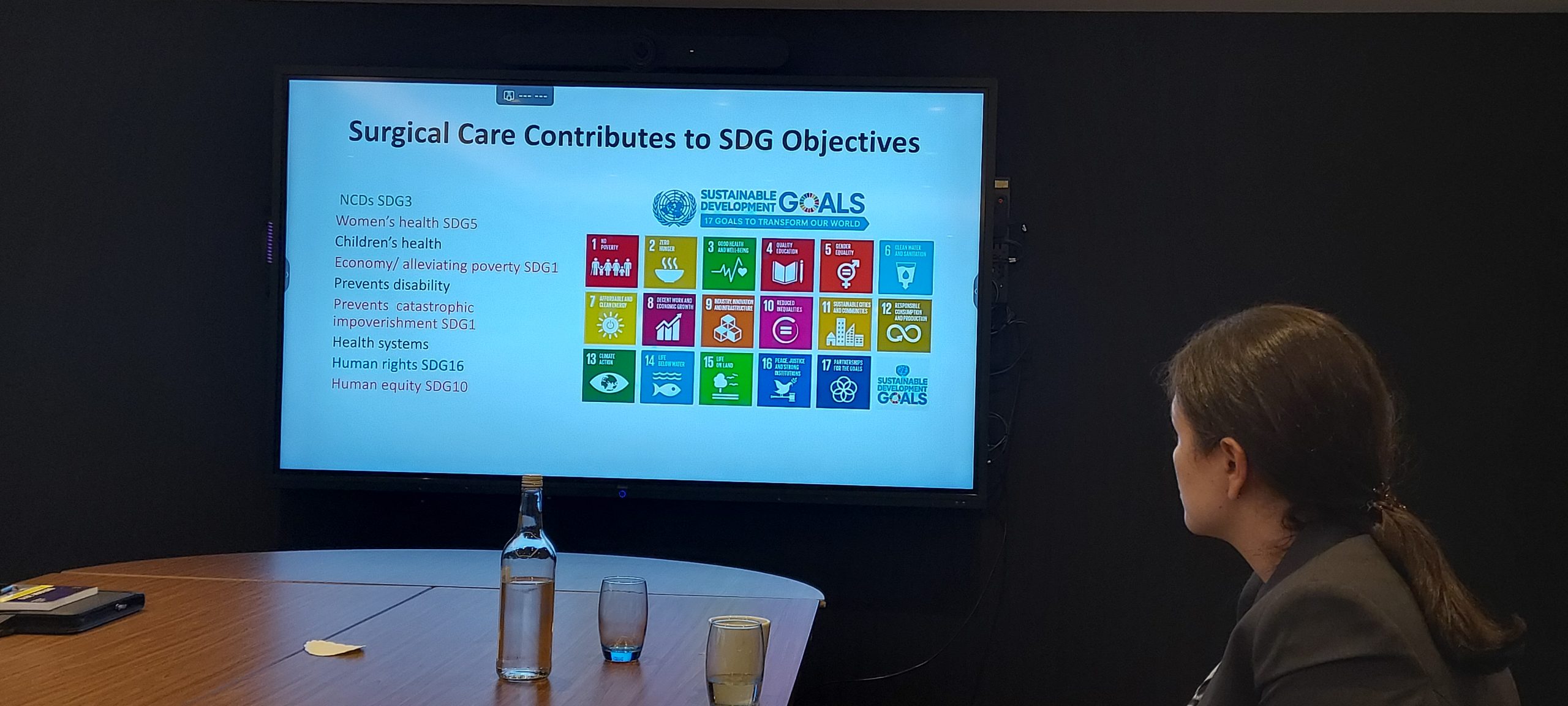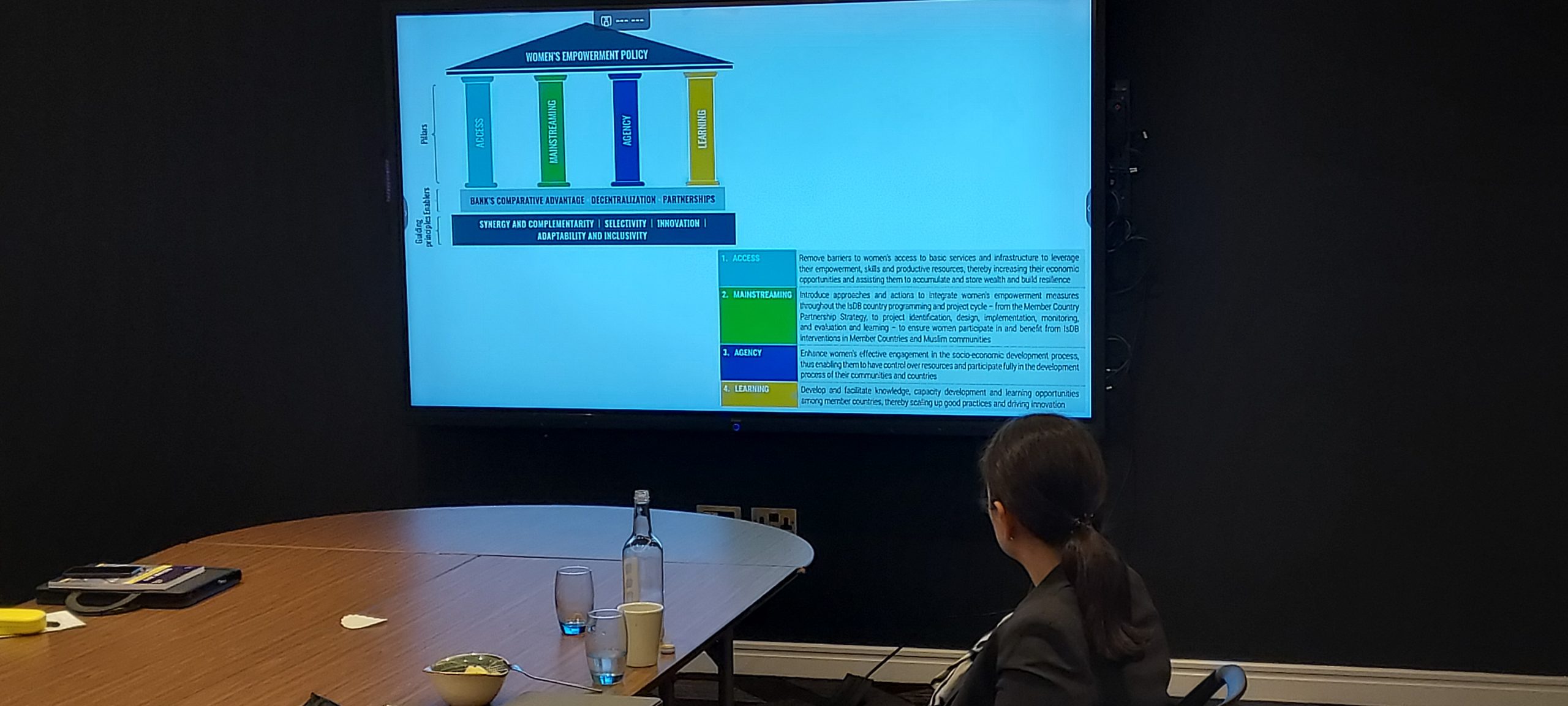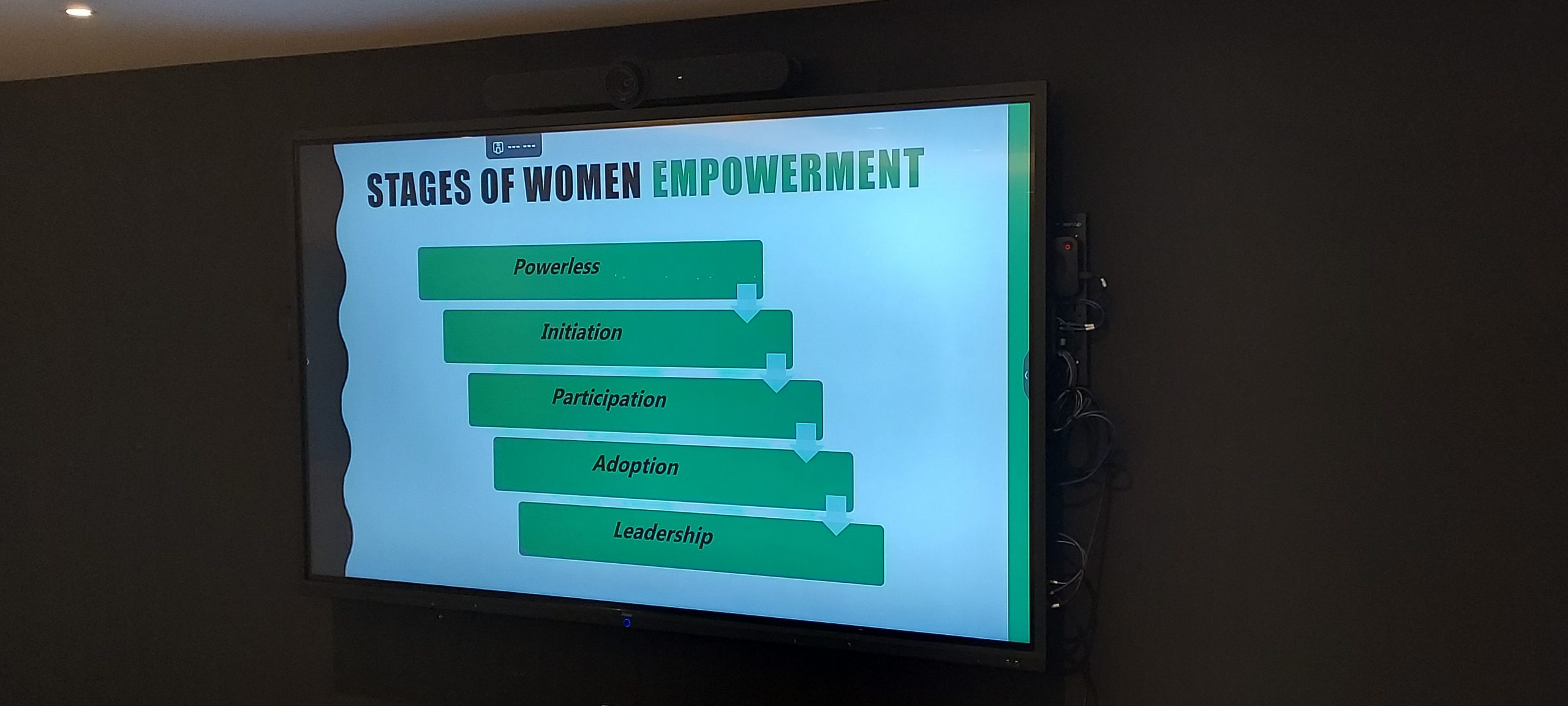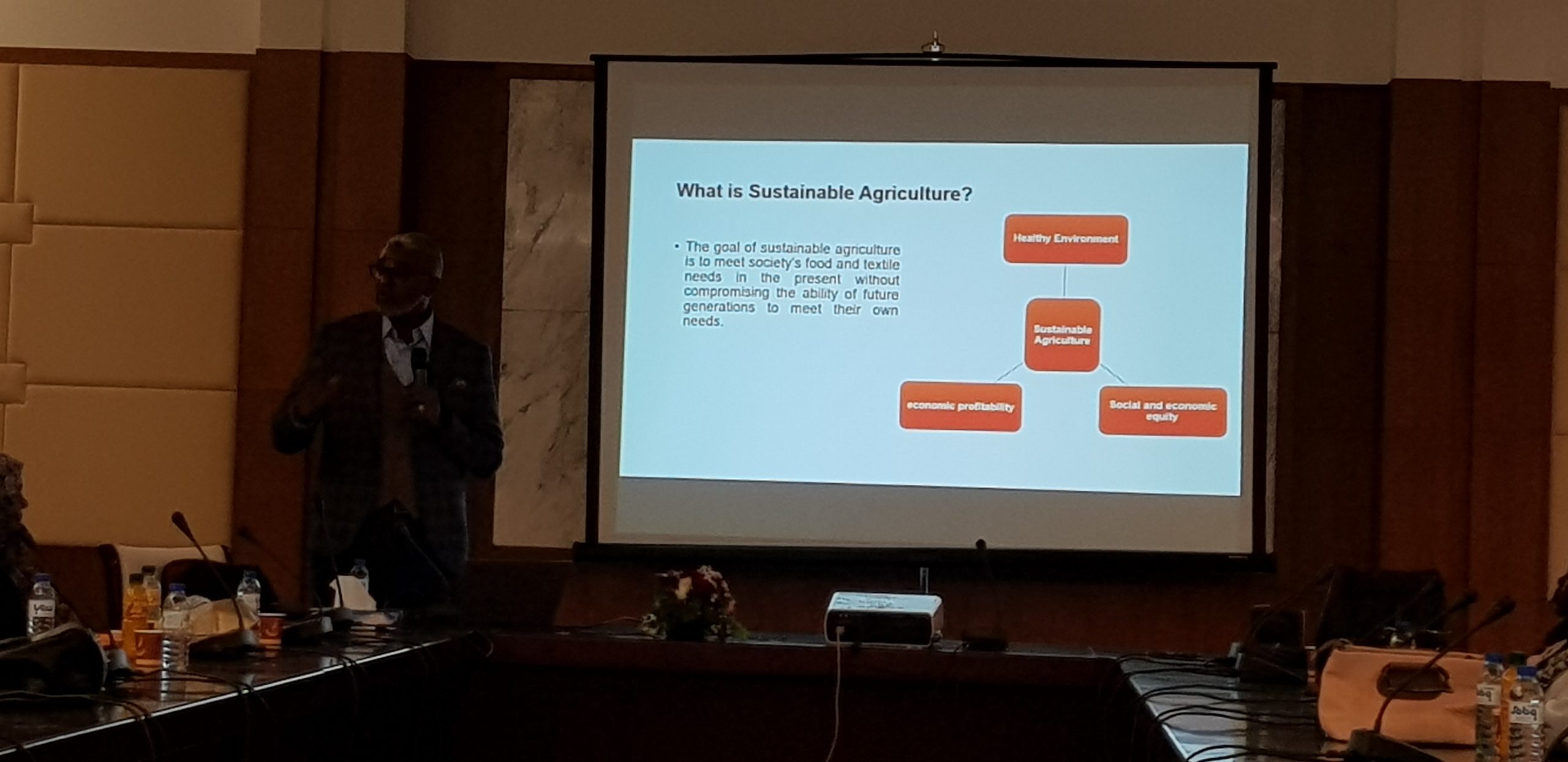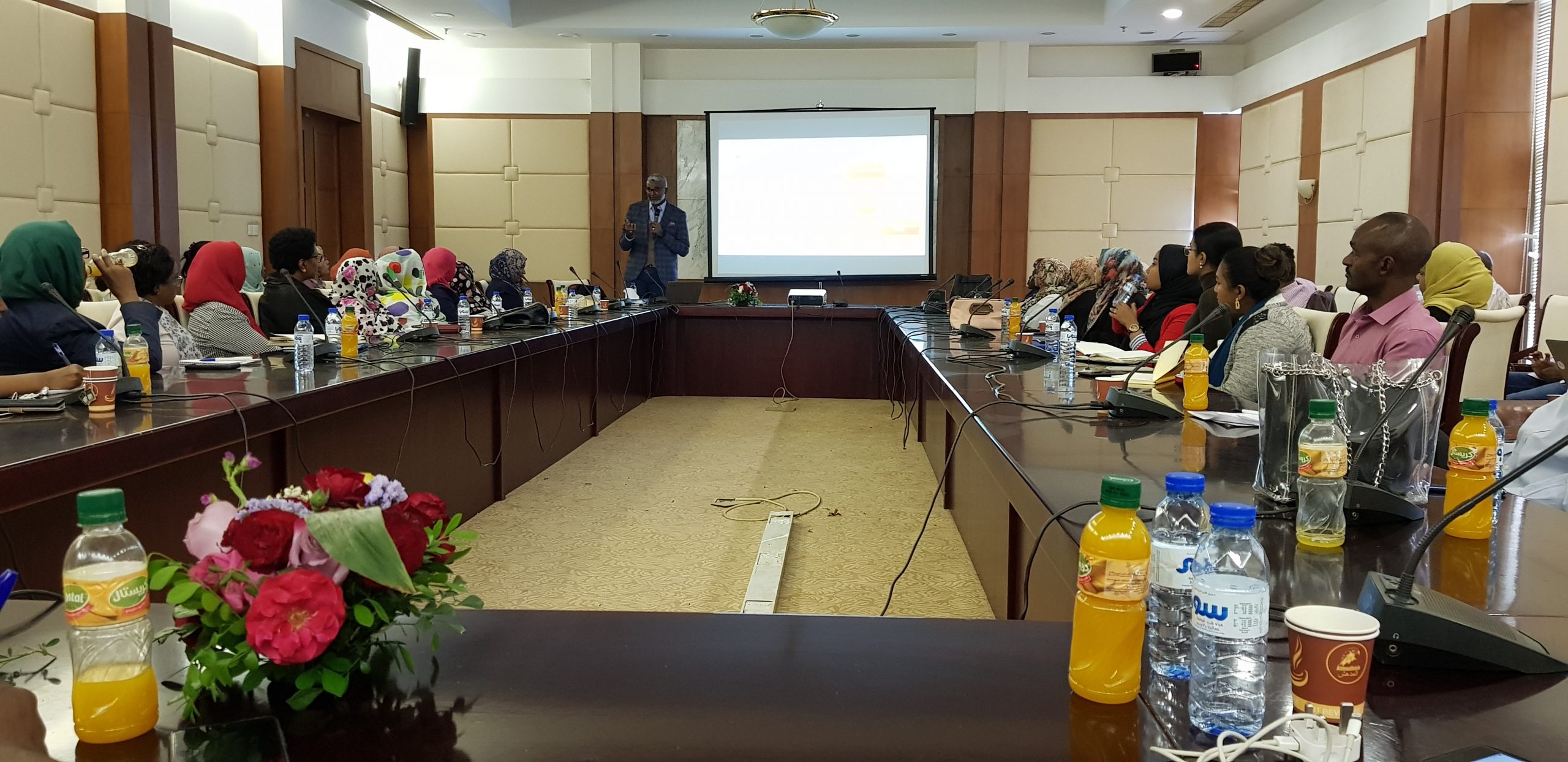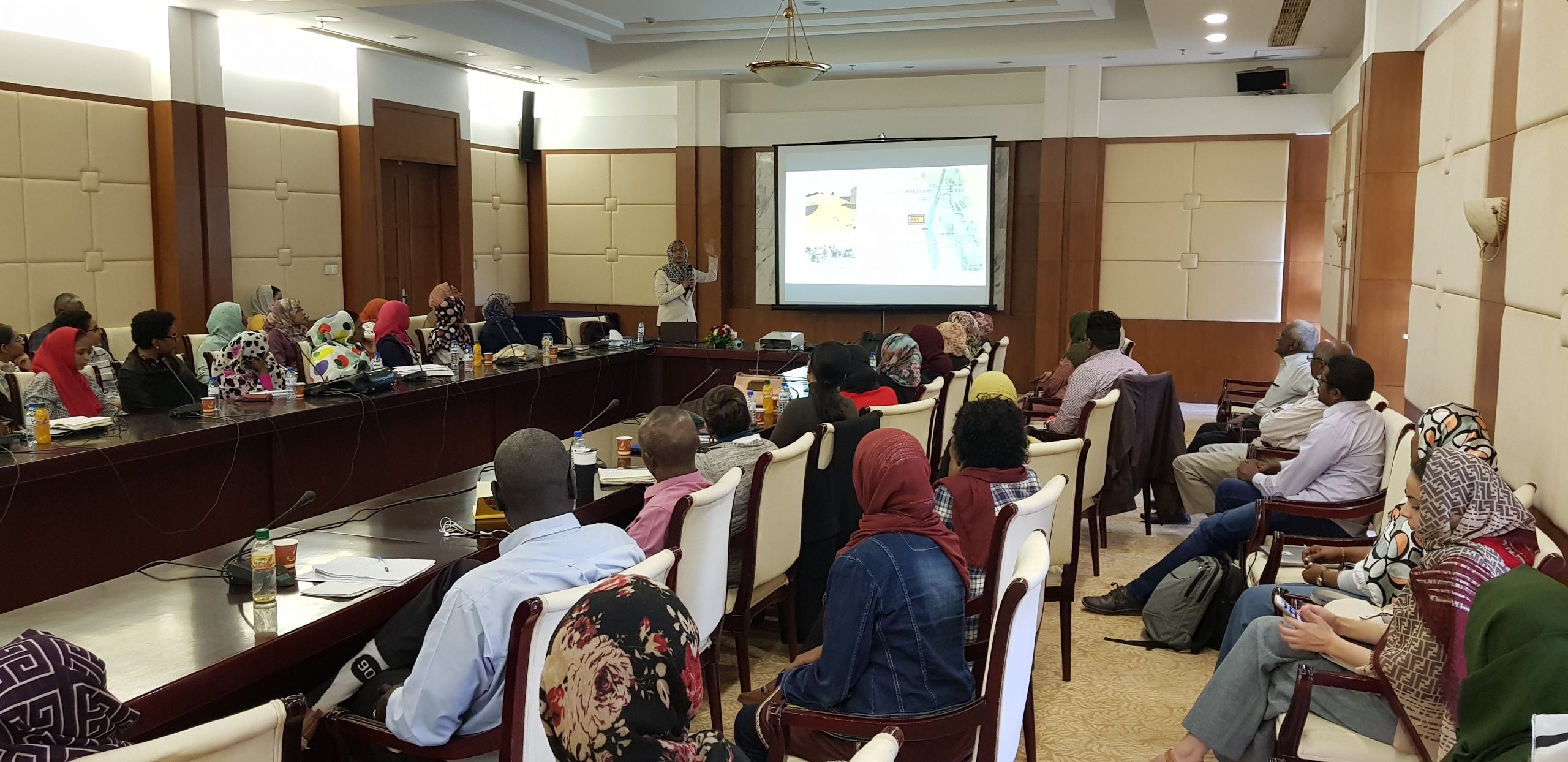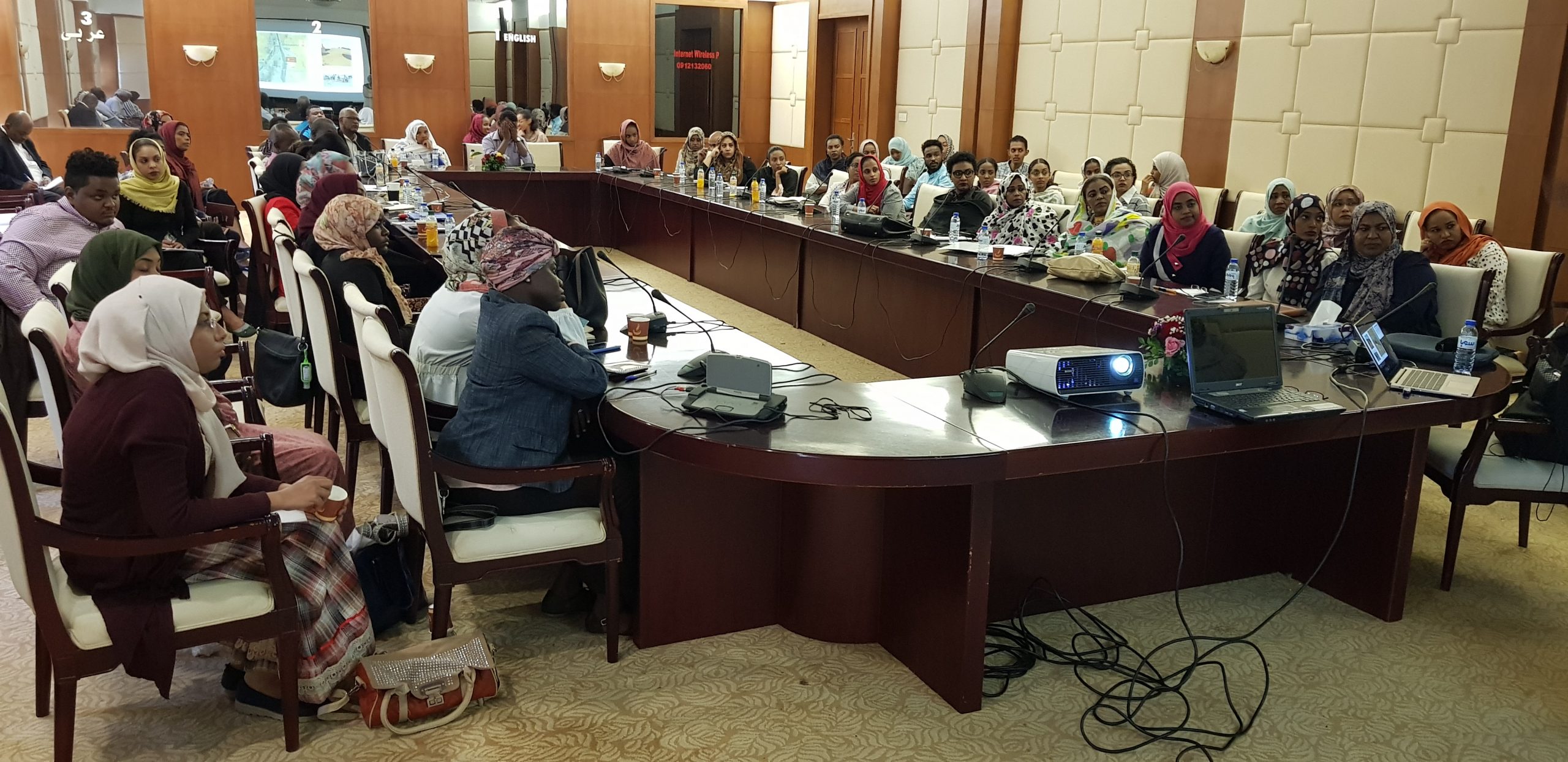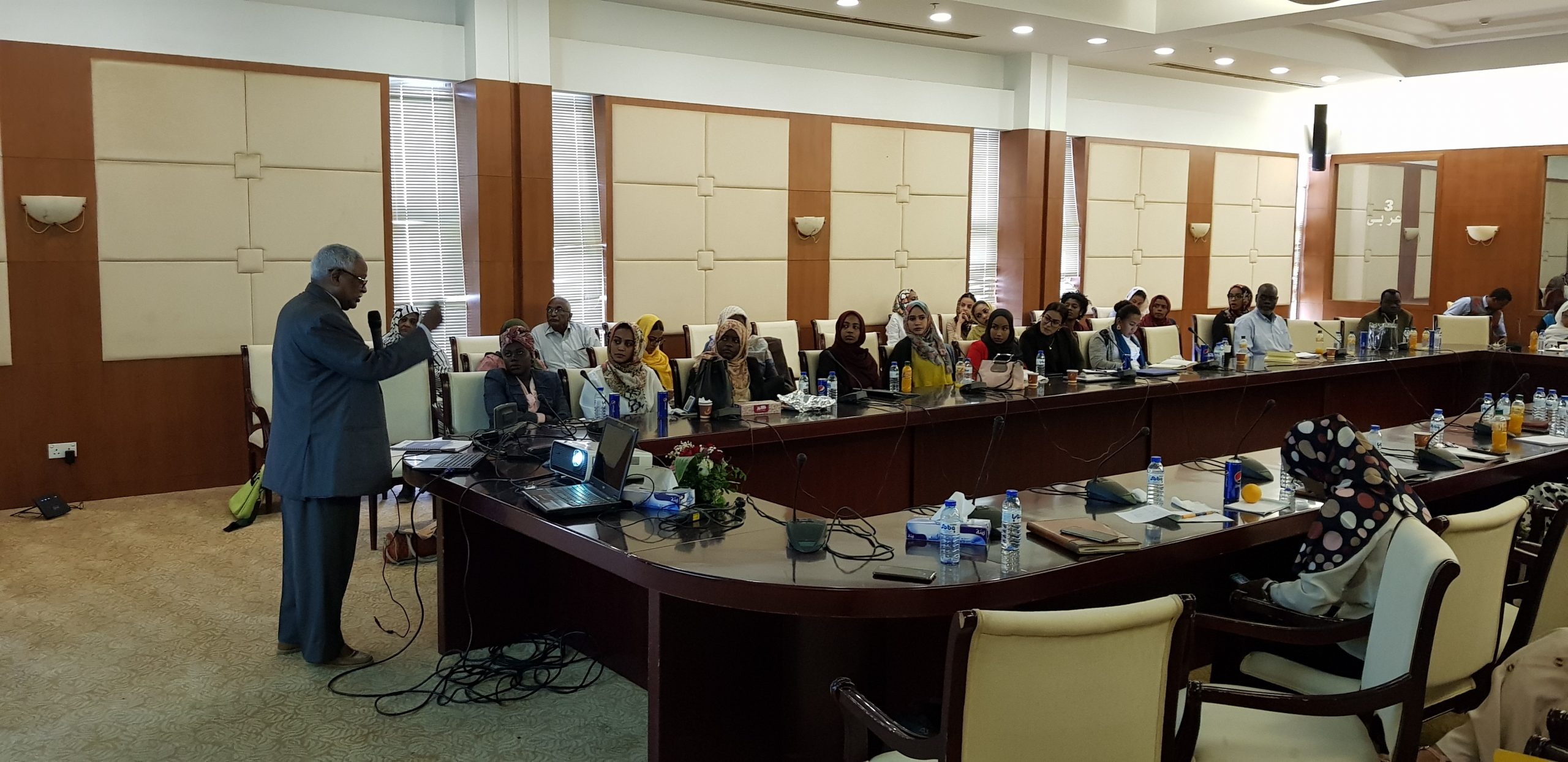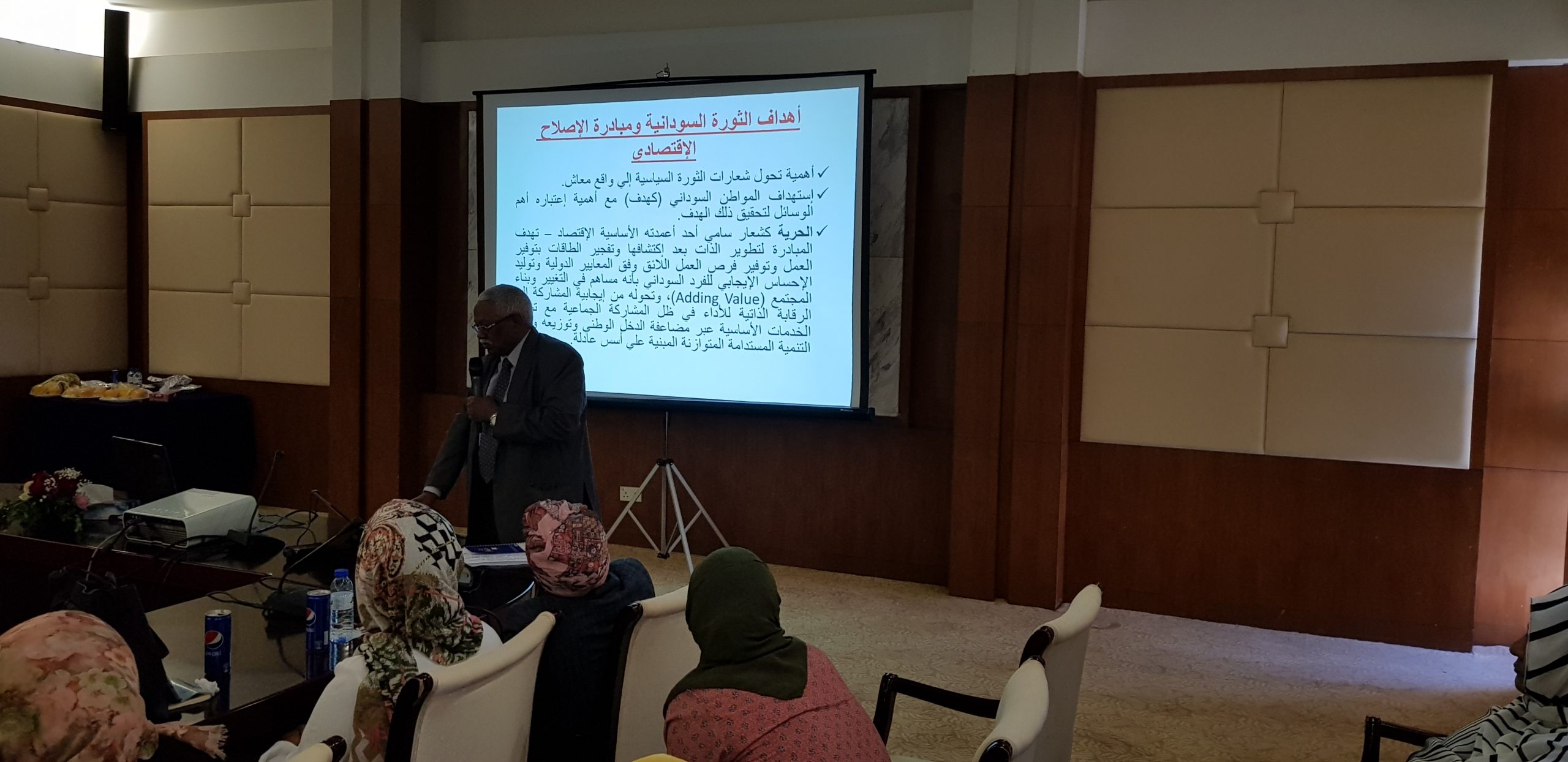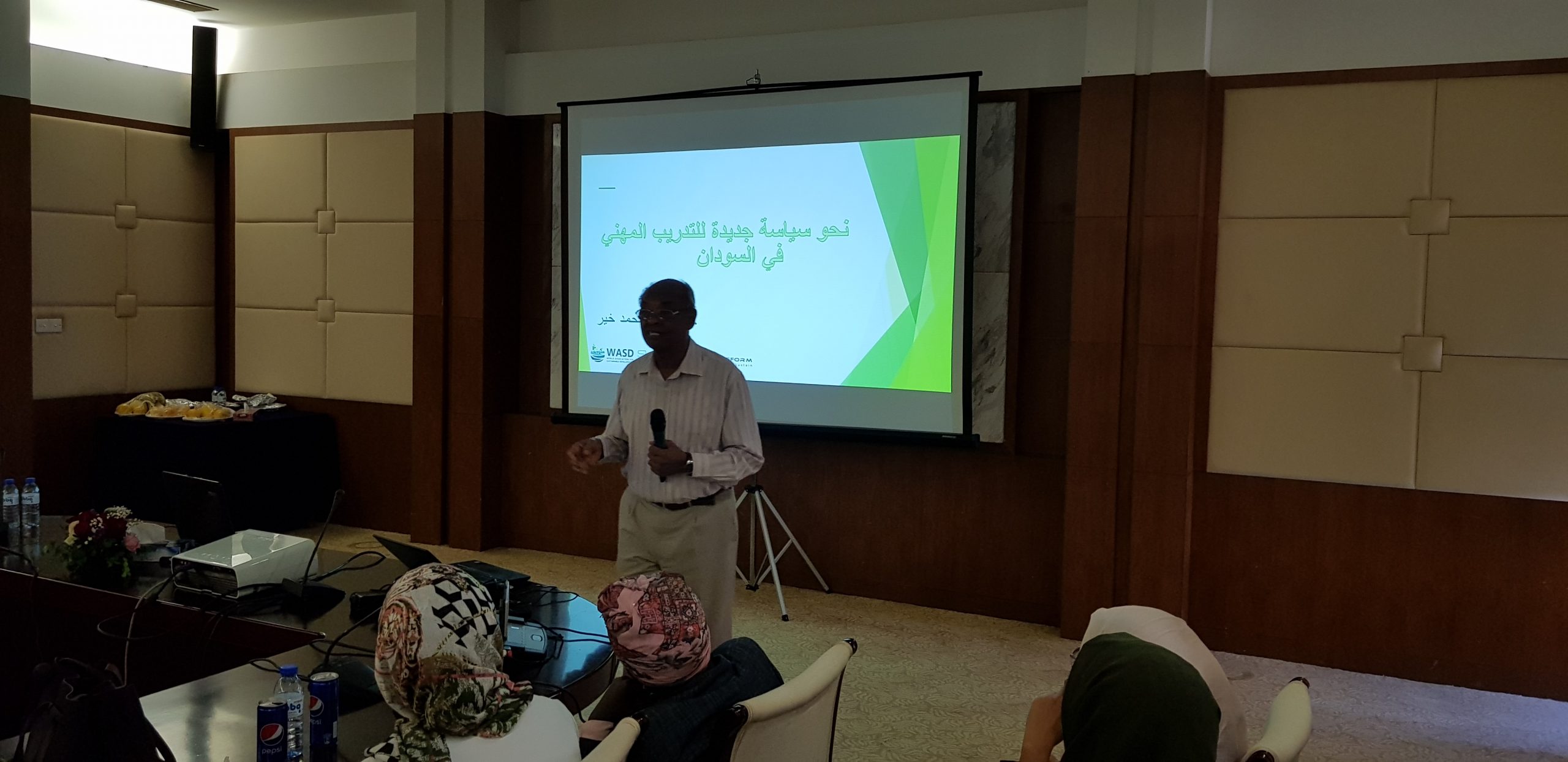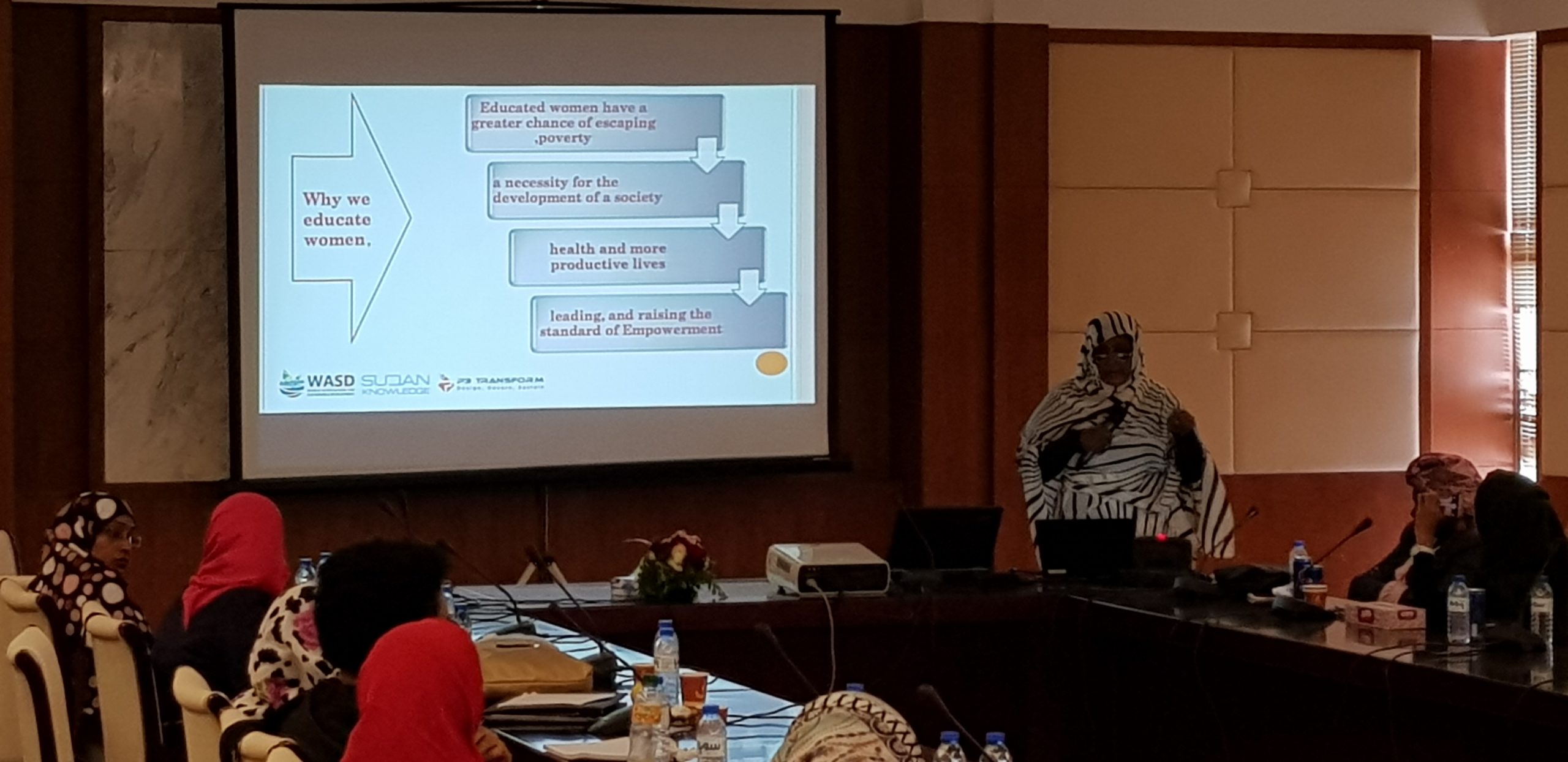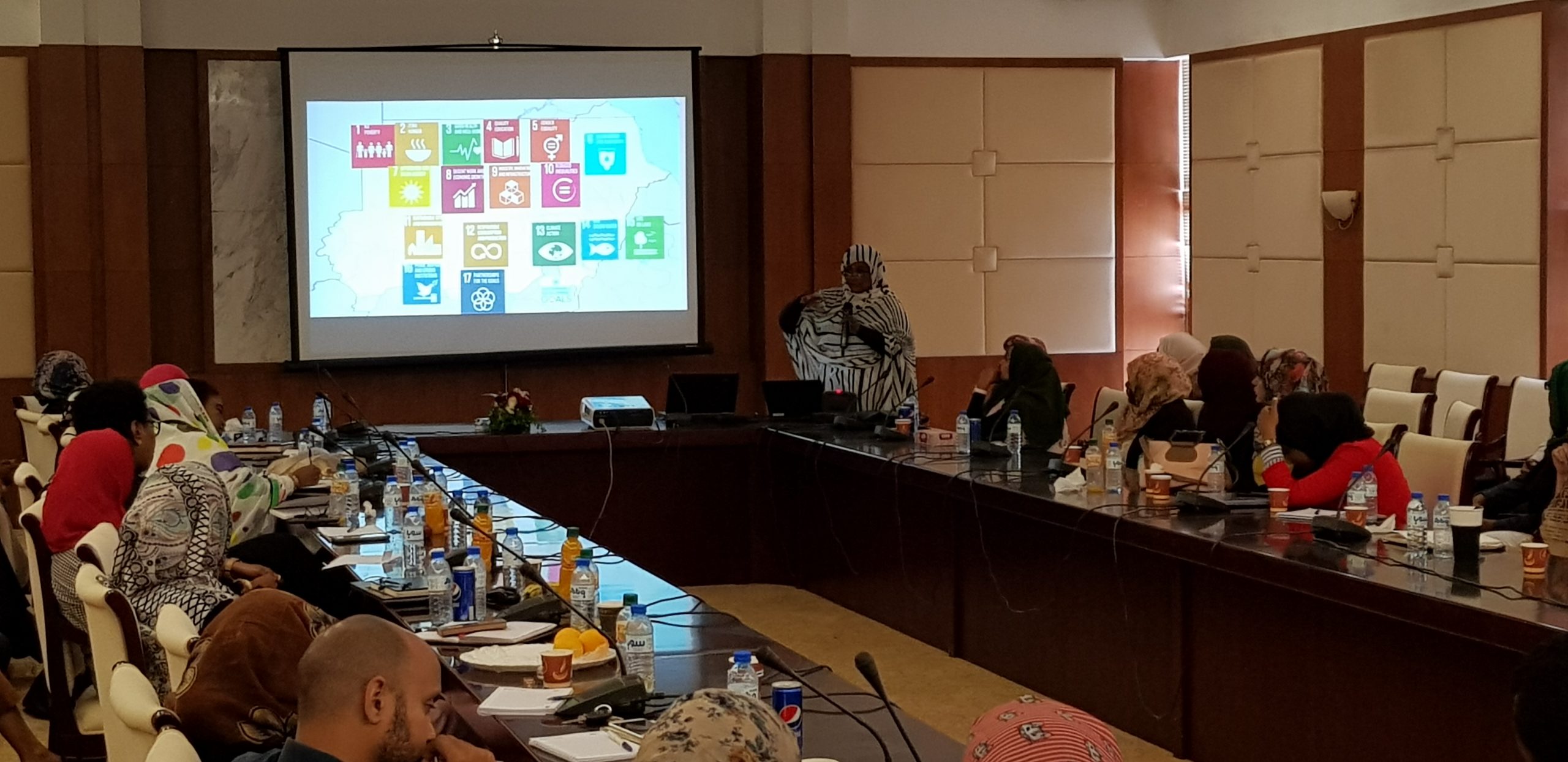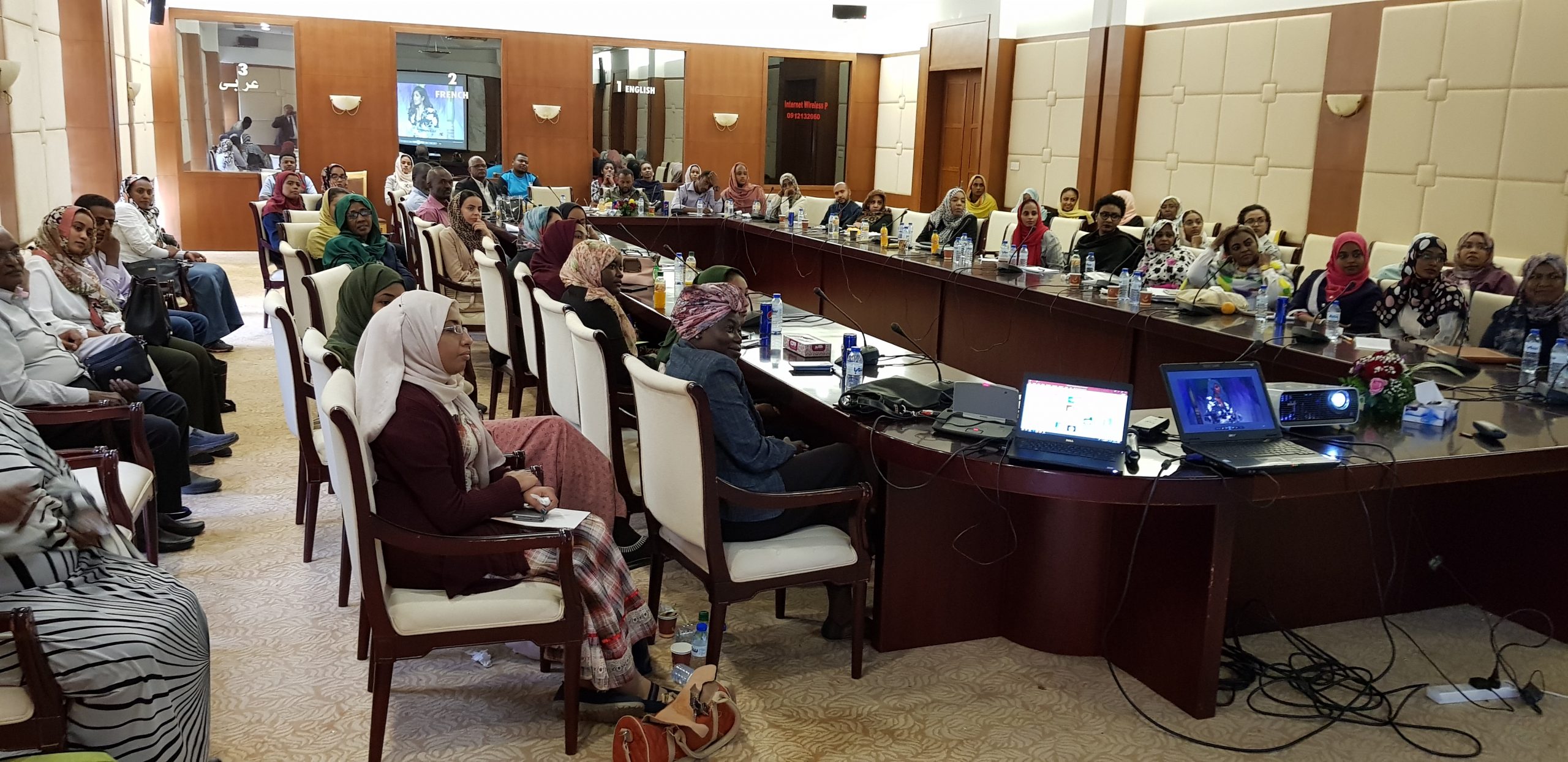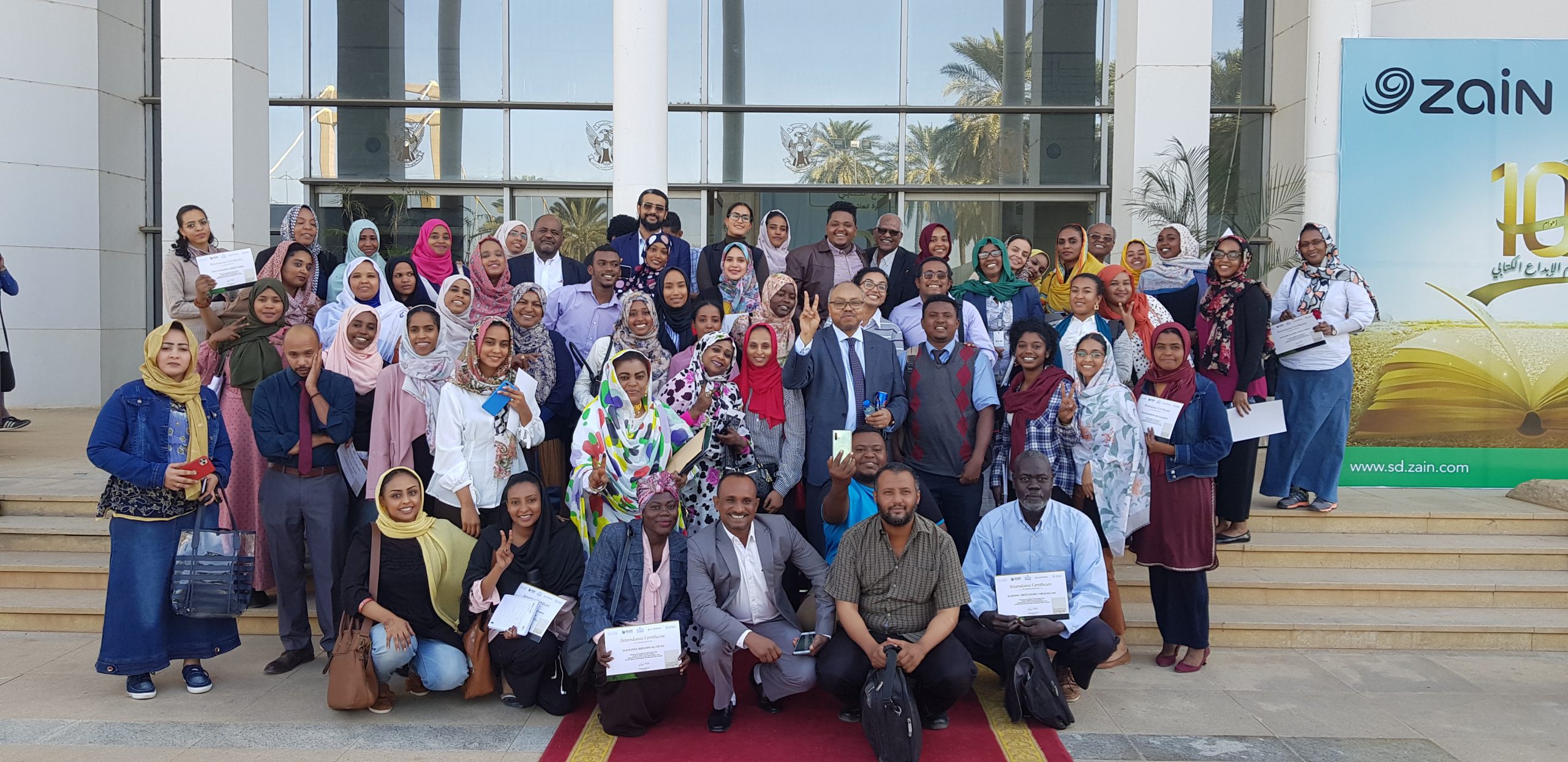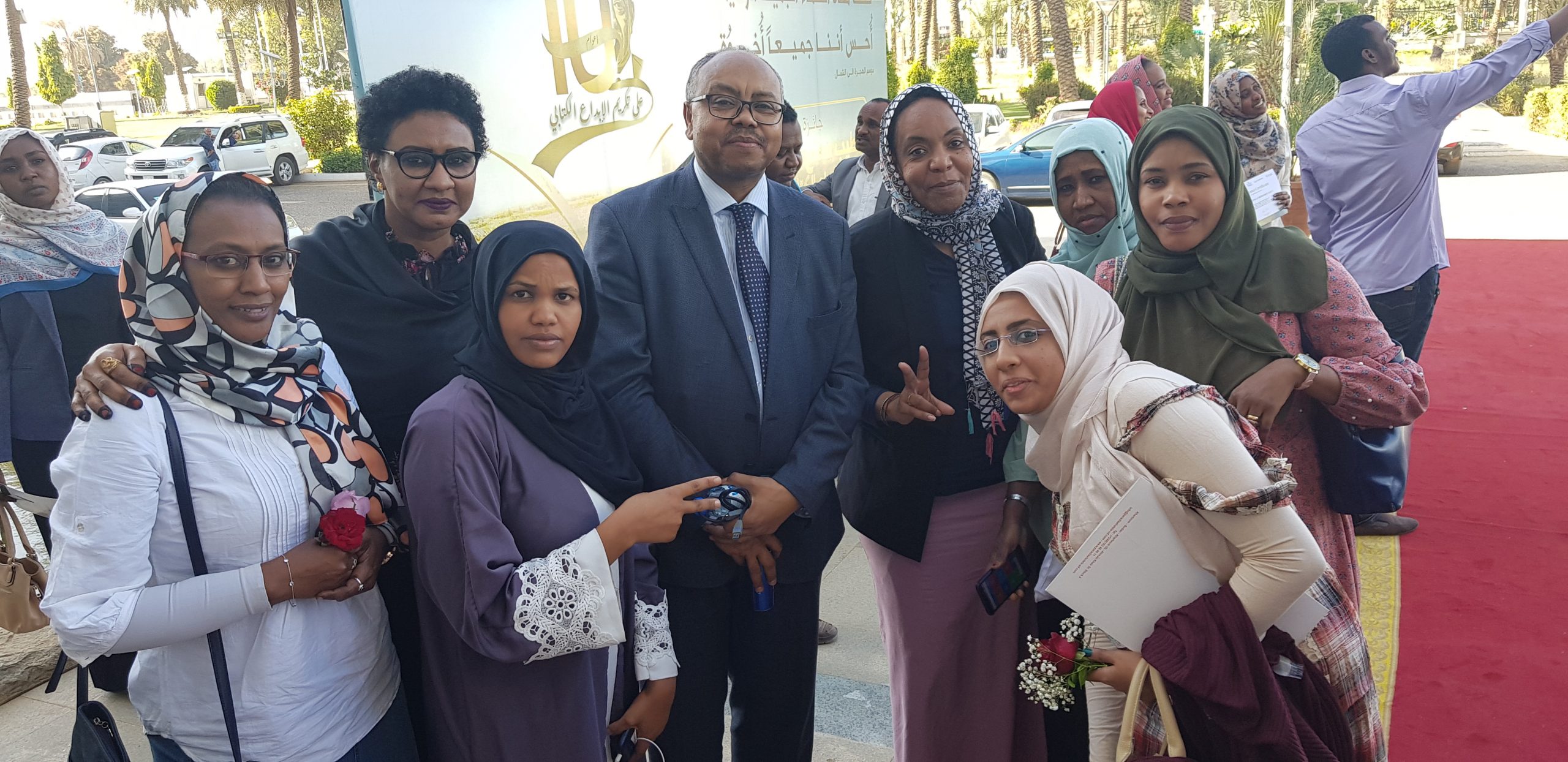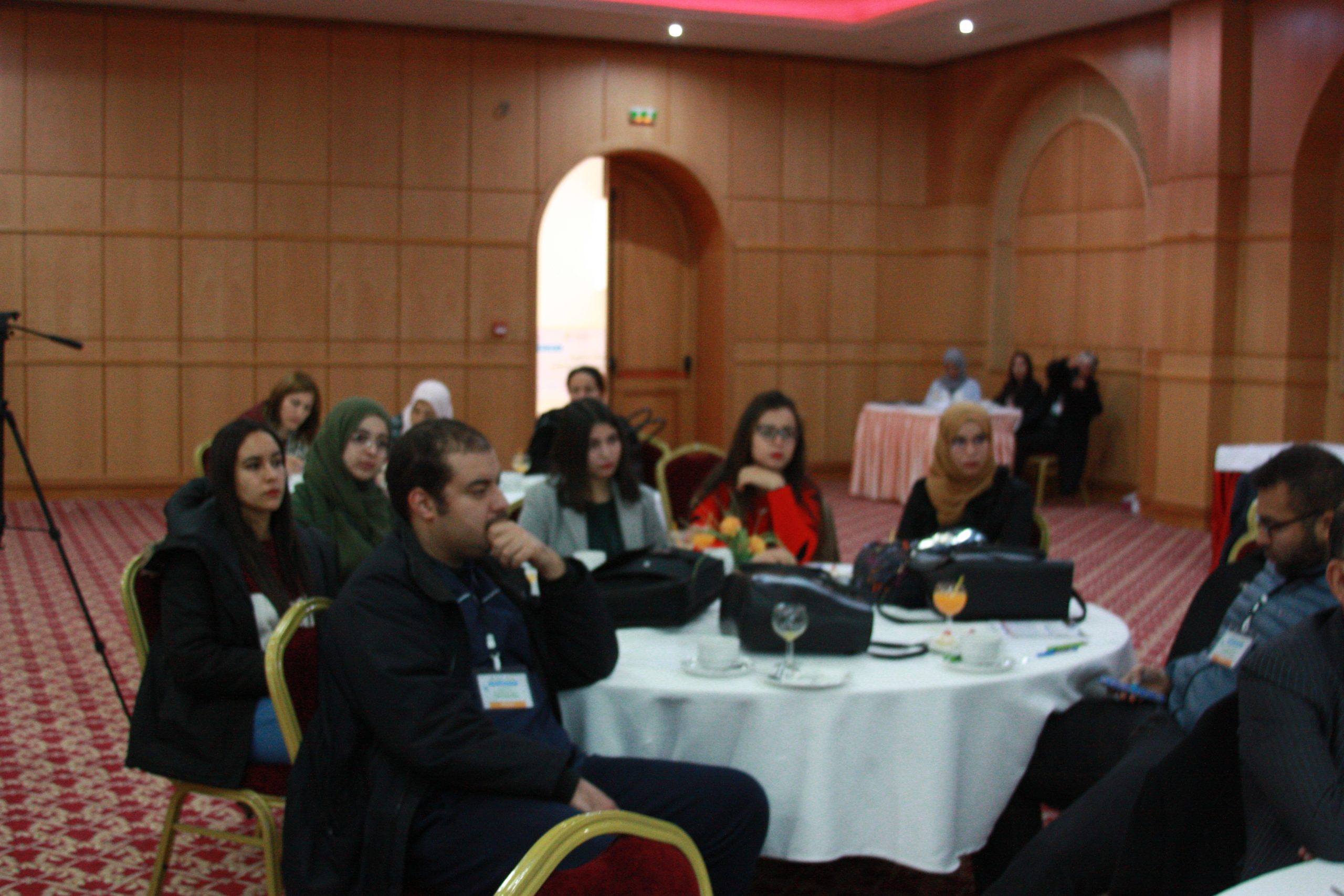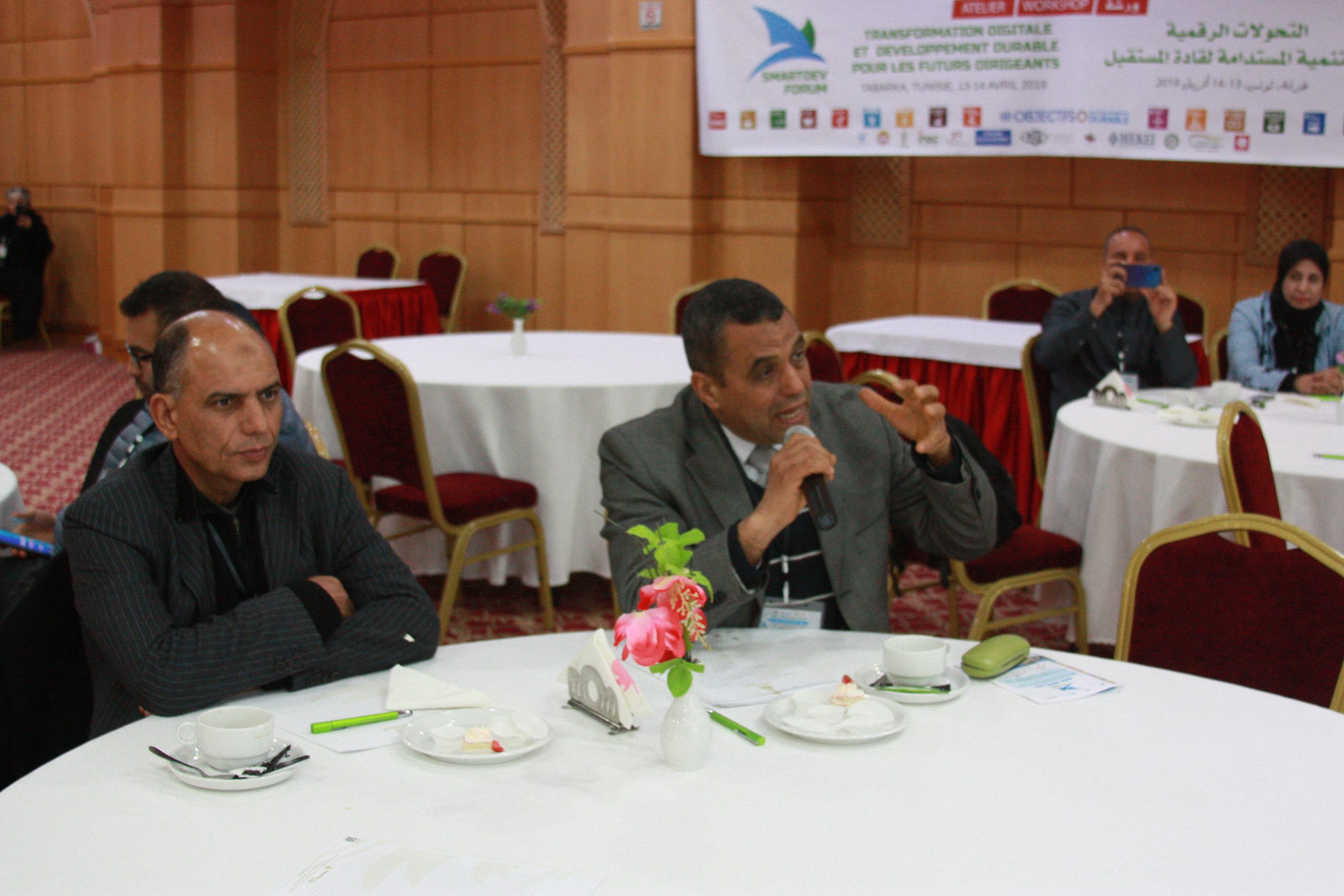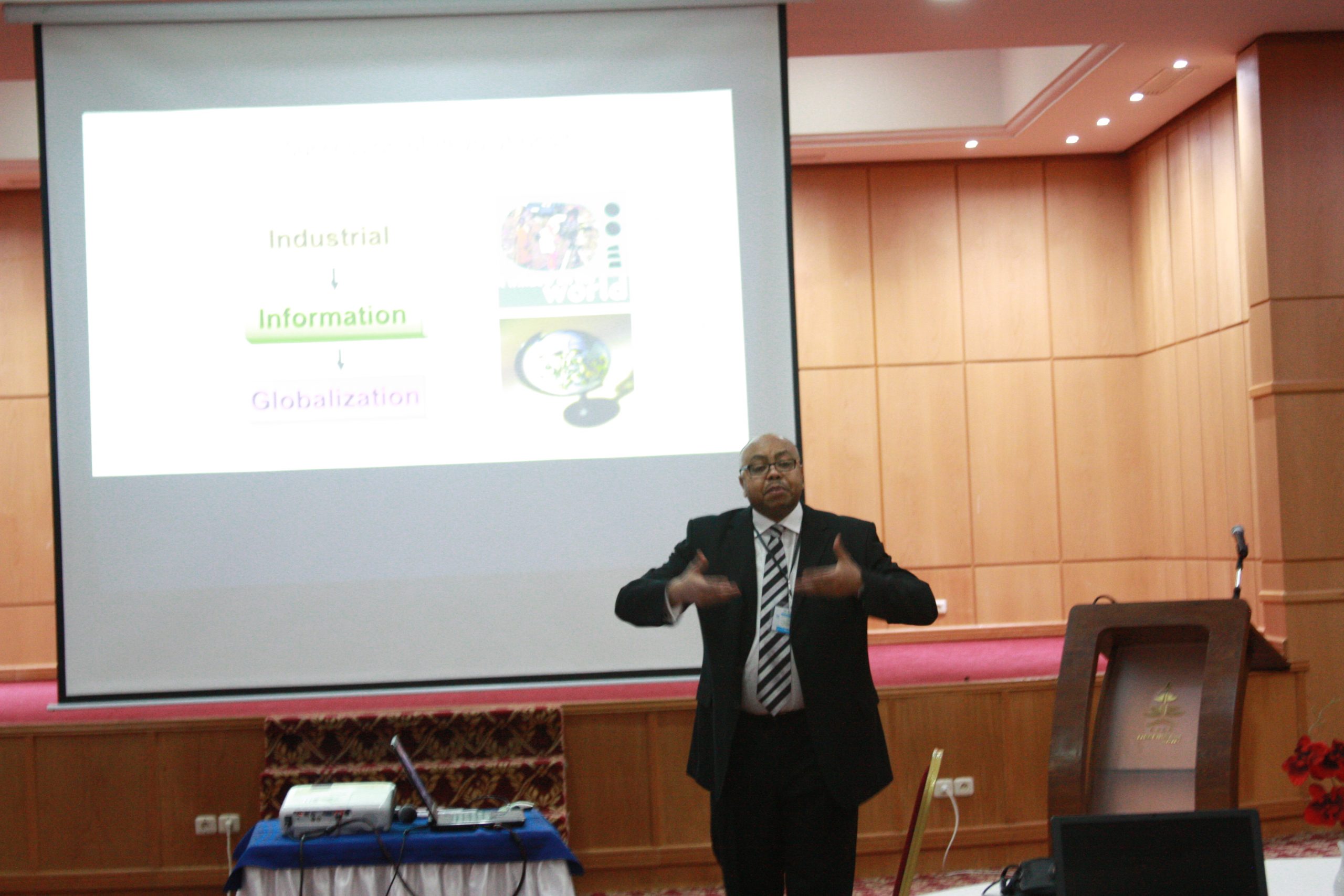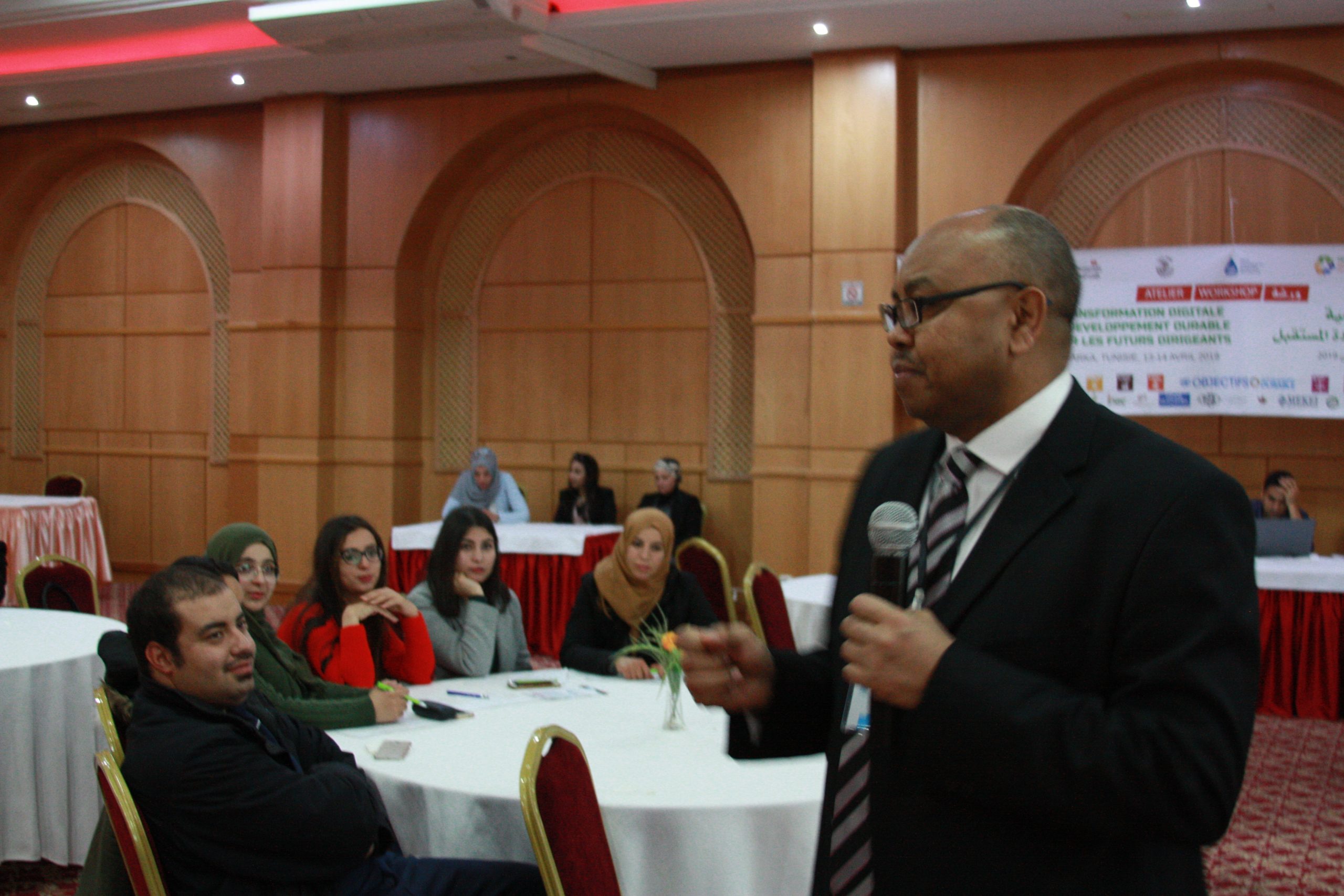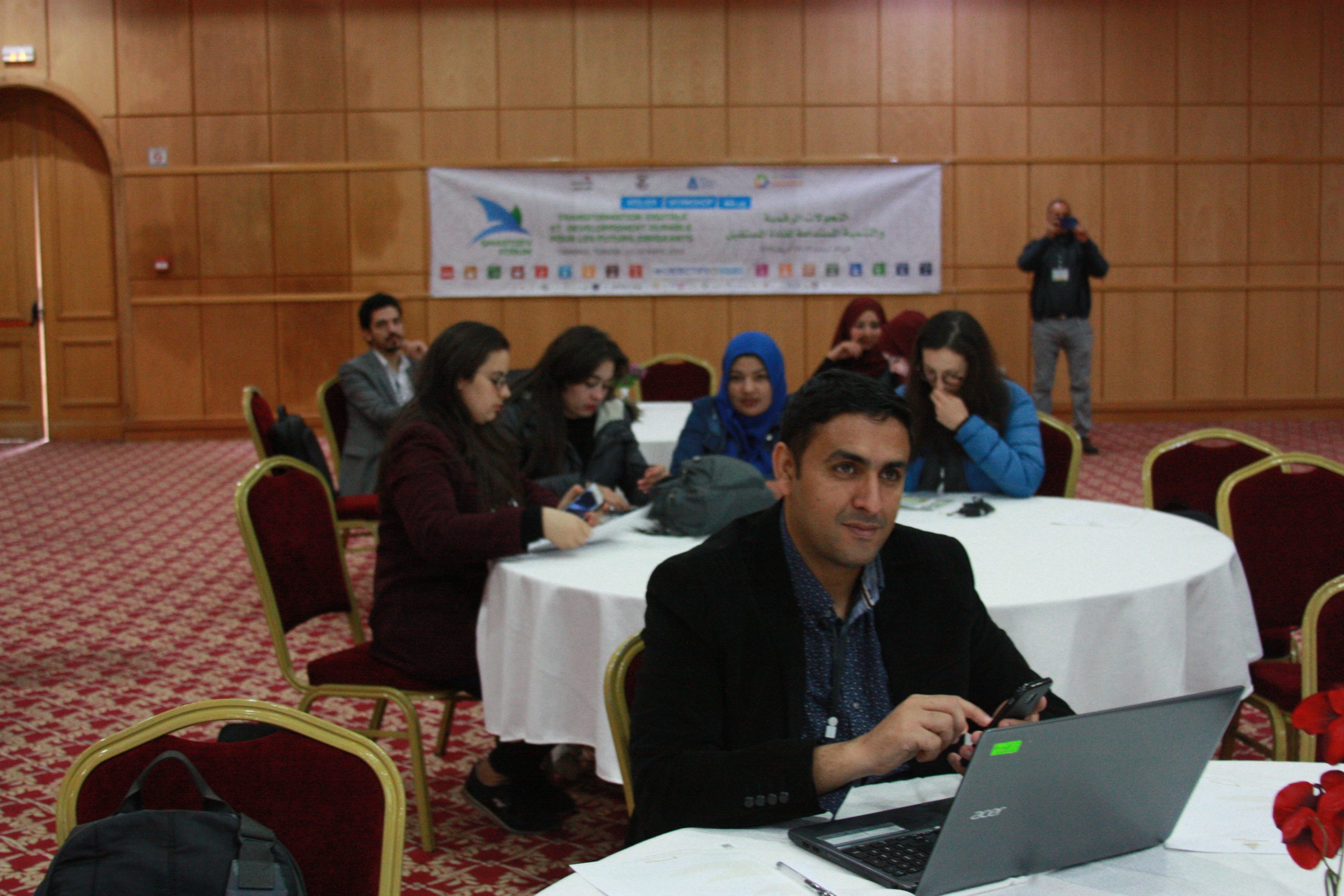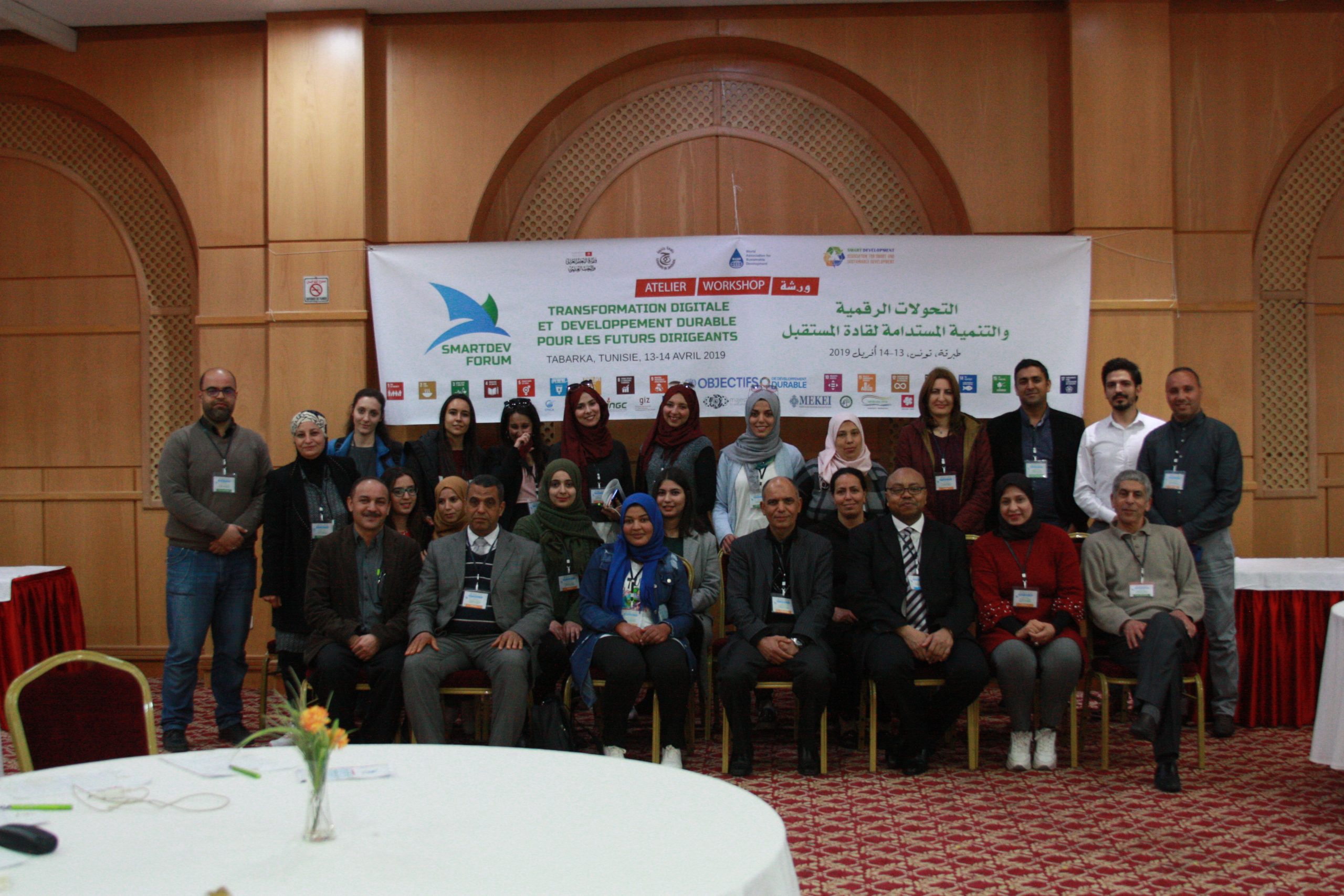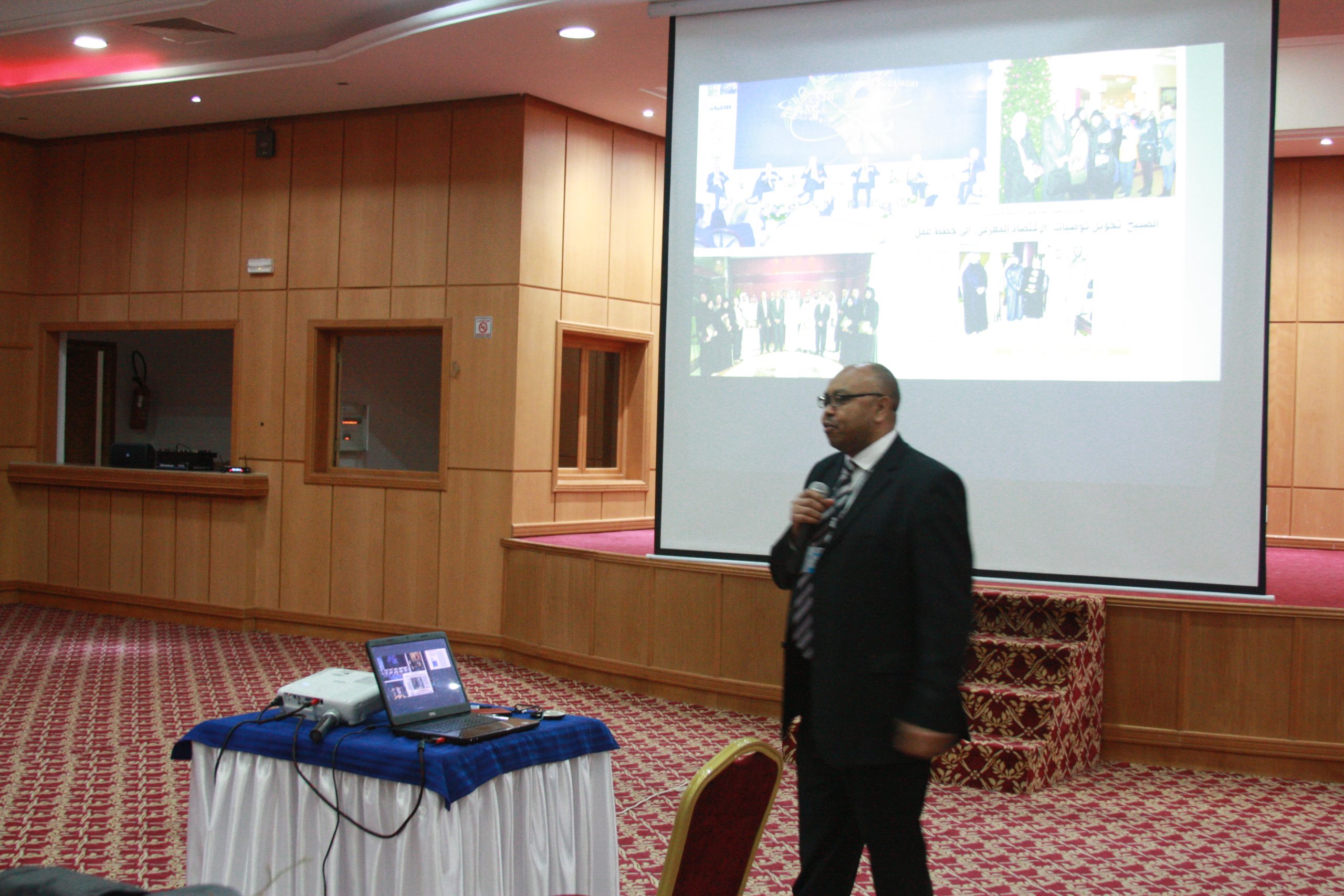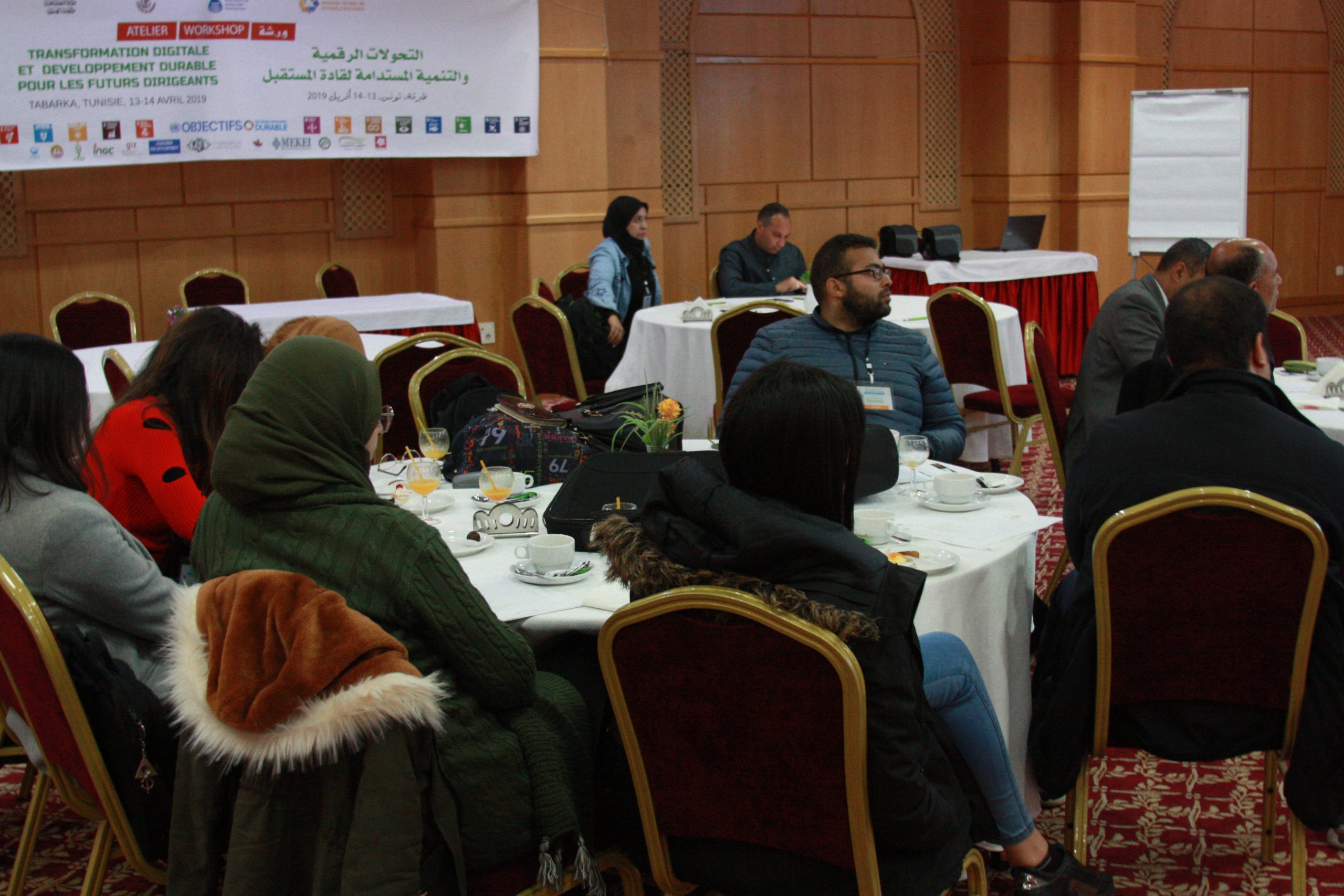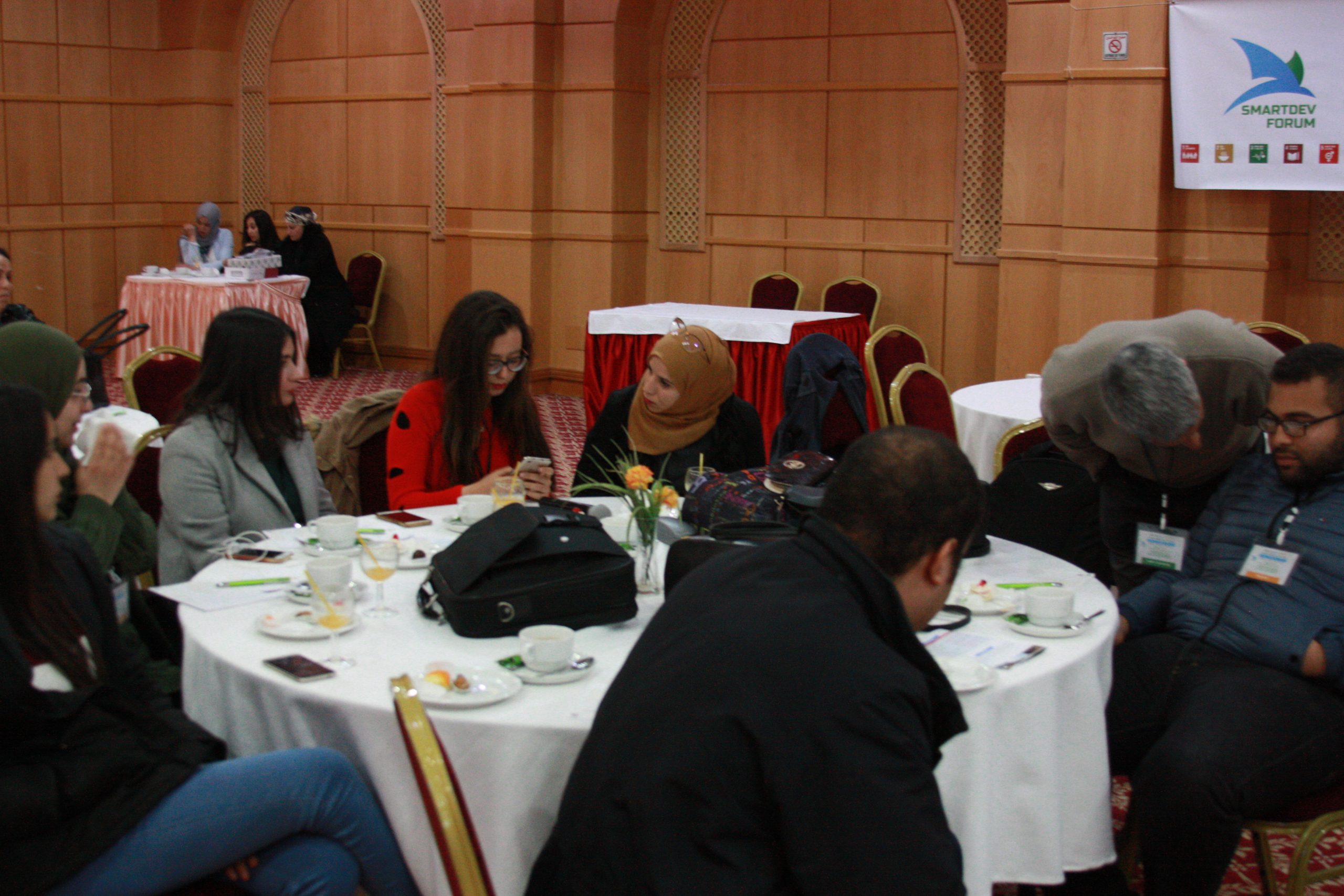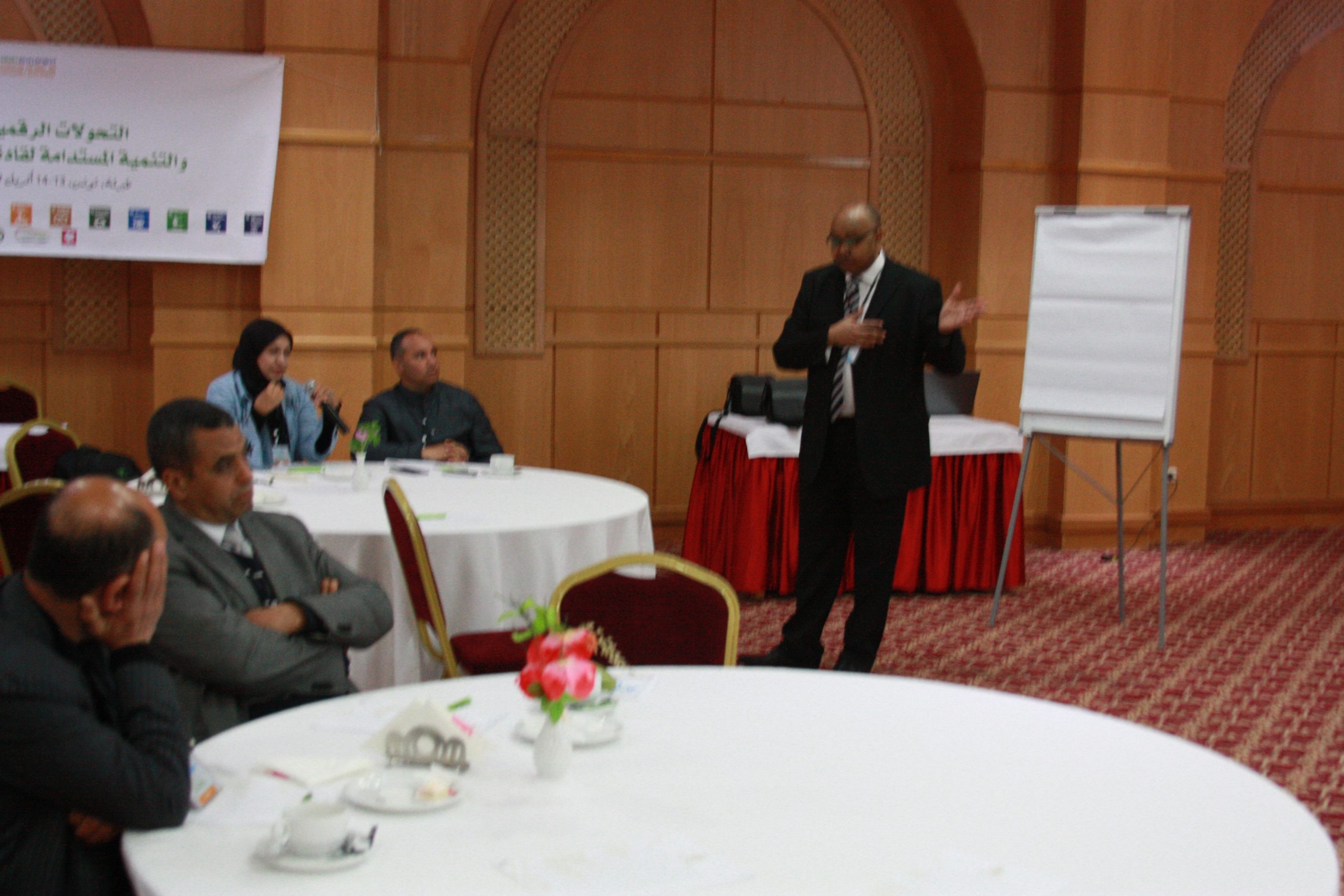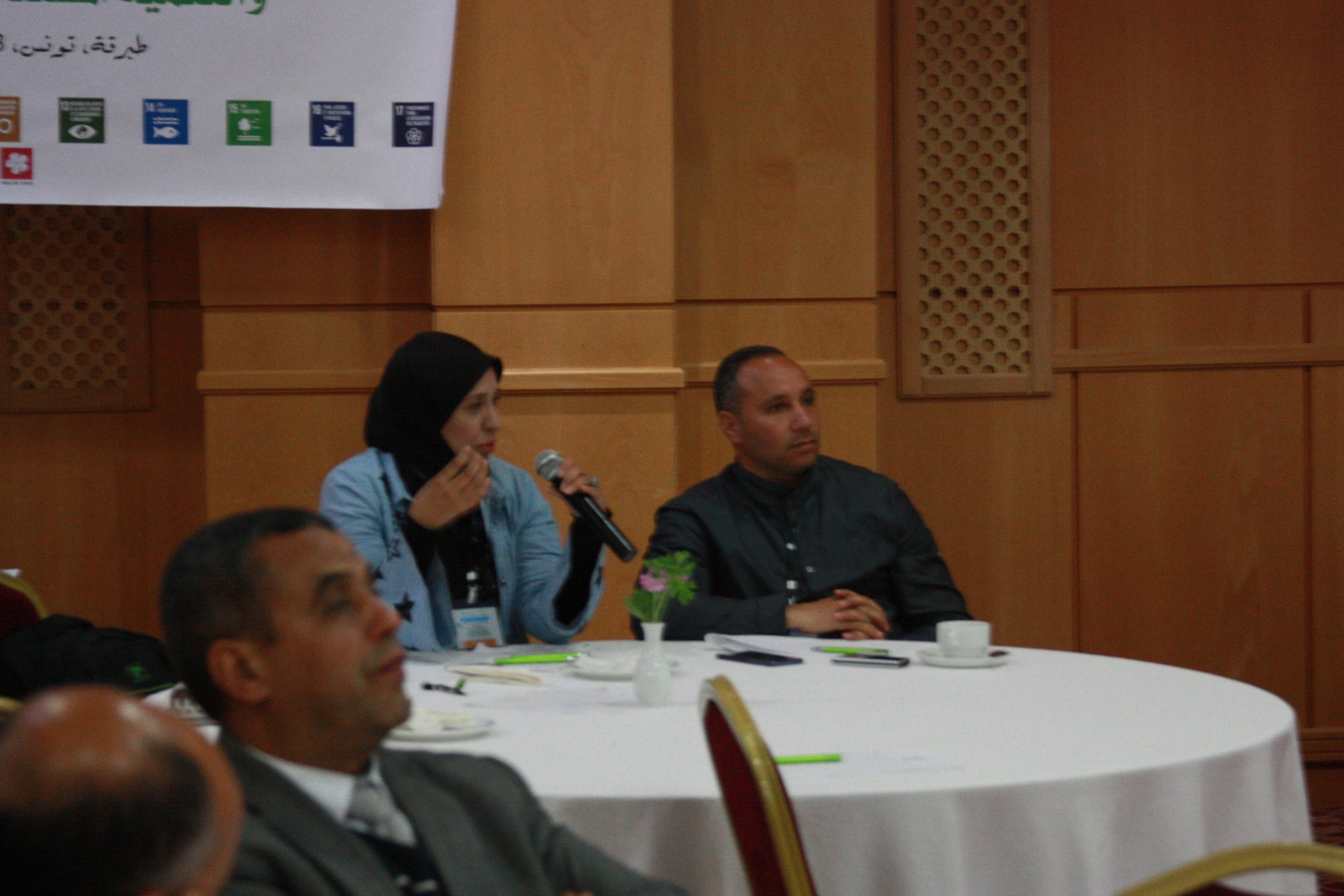Overview
Accelerate Universities Role for the Implementation of the United Nations Sustainable Development Goals 2030
Five Days Workshop (30 Hours)
15-19 April 2024 (Online) REGISTER
The workshop has been designed to introduce a variety of new perspectives for Higher Education (HE) institutions (universities, colleges and research institutes) to accelerate their role in helping countries achieve the United Nations Agenda 2030 for Sustainable Development and its 17 Sustainable Development Goals (SDGs). The workshop will explore various top professional standards and guidelines for teaching and research in the UK and other leading countries such as the UK Higher Education Advanced Professional Standards Framework. There will also be great focus on issues
relating to teaching excellence, including teaching quality, learning environment, continuous professional staff development and other important issues relating to student support and career development.
Universities are considered by many scholars are very important for the achievement of the UN SDGs and therefore the workshop will critically address the question of how universities can achieve the 17 SDGs of the 2030 Agenda and embed the 17 SDGs on developing new methods and approaches to suit the challenges and opportunities of this new era of digital revolution particularly post Covid-19 global pandemic. These new approaches call for actions to create different appropriate ways of doing things and of doing new things that will be essential to solve our future problems and help in the implementation of the 17 SDGs of the 2030 Agenda. Systematic search for opportunities is important for helping to ameliorate the many problems facing universities.
The workshop aims to enable university leaders and decision makers to introduce fit-for-purpose leadership styles and
approaches to their institutions, and transform their teaching and research towards achieving the UN Agenda 2030 for SD and its 17 SDGs. To accelerate their role in achieving the UN SDGs, participants will learn how to ensure all academic programmes are embedded and aligned (designed/revalidated) with the 17 SDGs. The aim is to ensure future graduates are fully aware of the subject of sustainability and, accordingly, are able to engage on a global scale to address future global challenges and find ways for sustainable solutions.
Related Courses
- Investment
- Security
- Sustainability Masterclass
- Youth
- Leadership
- Women
- Covid-19
- Education
- Performance Improvement
- HRM
- Public Policy
- Higher Education
- Artificial Intelligence
- Health
- Data Science
- Knowledge Management
- Technology Transfer
- Digital Transformation
- Management
- Innovation
- Entrepreneurship
- Economy
Location
Queen Mary University, London, England EC1M 6BE, United Kingdom
